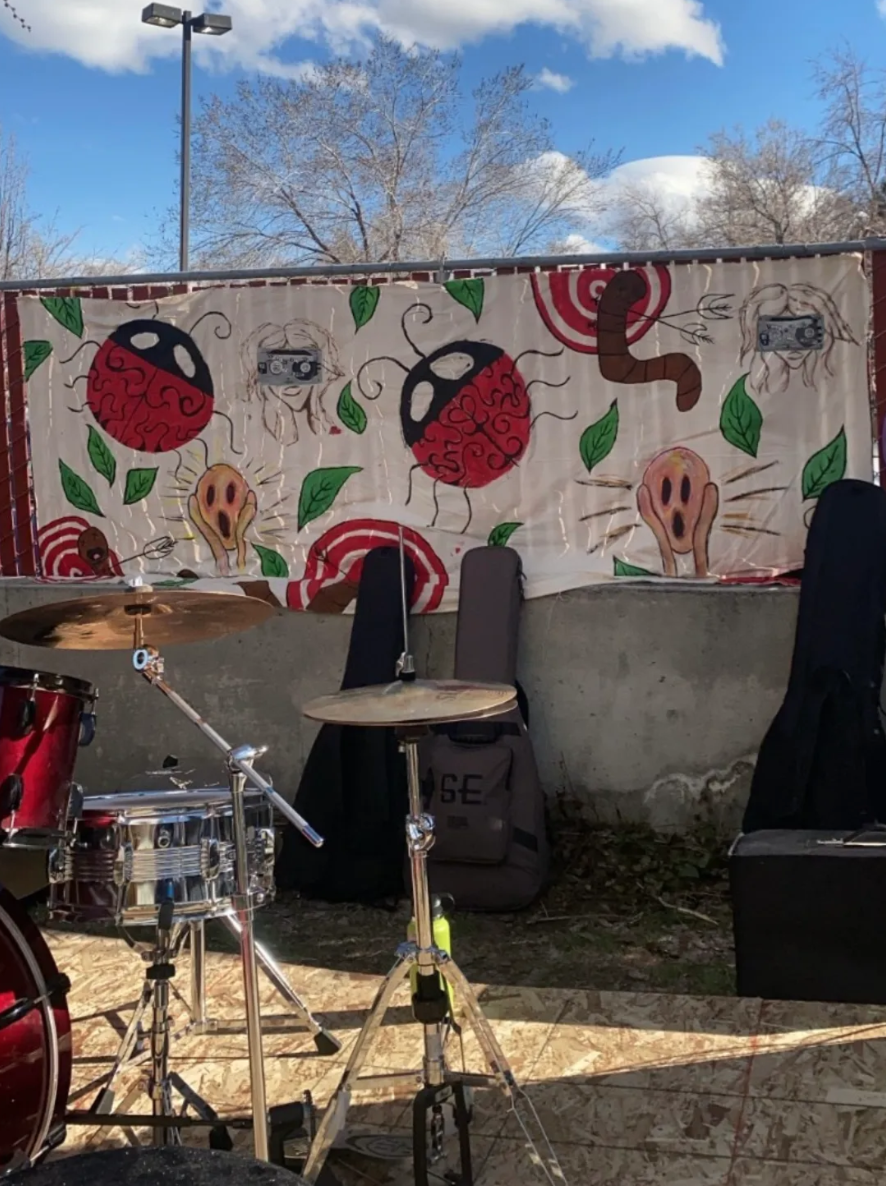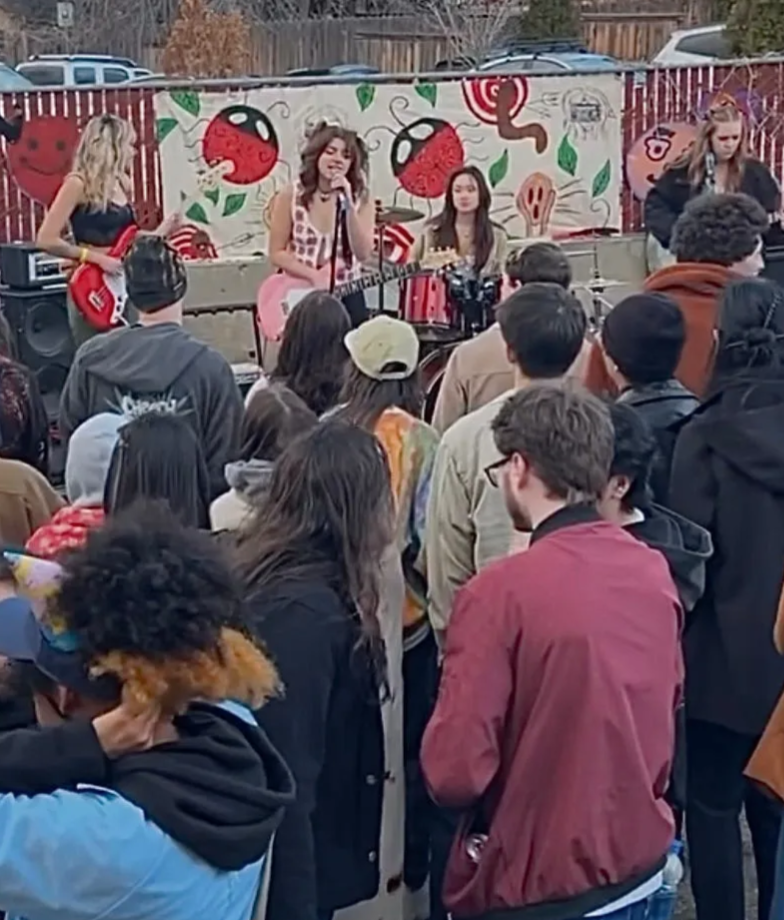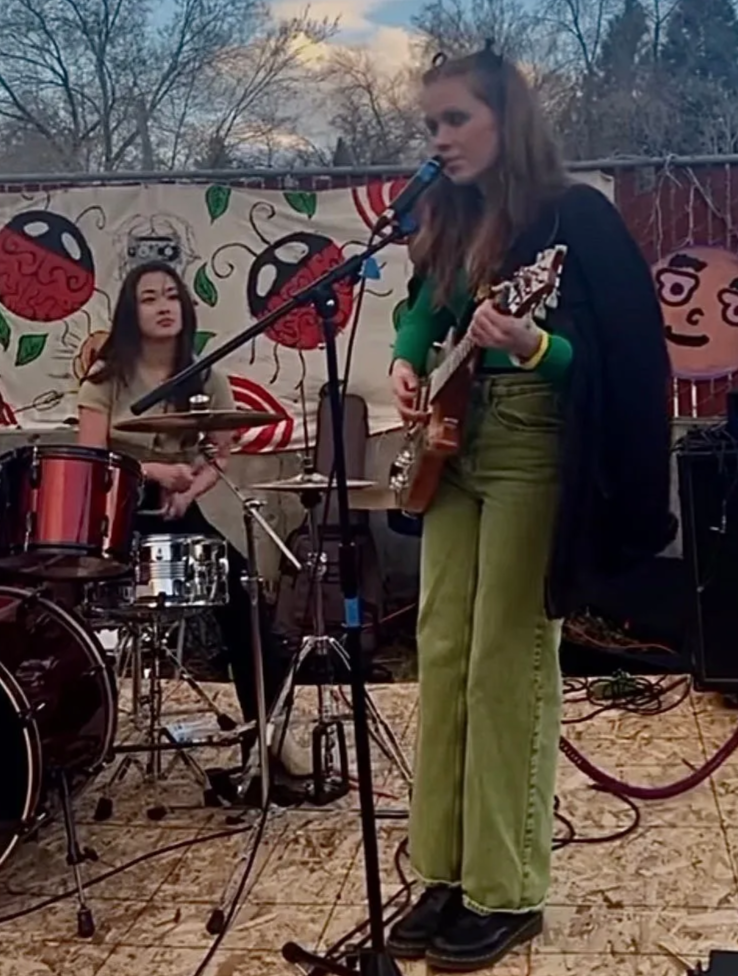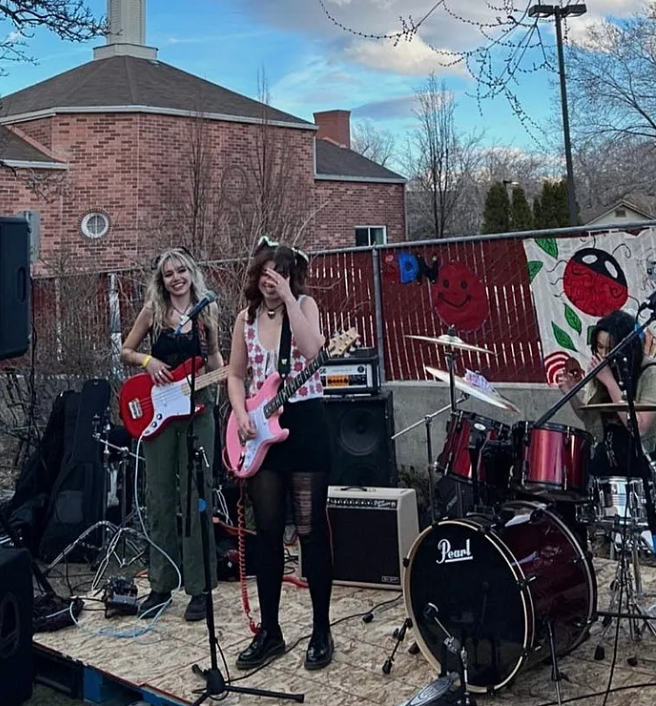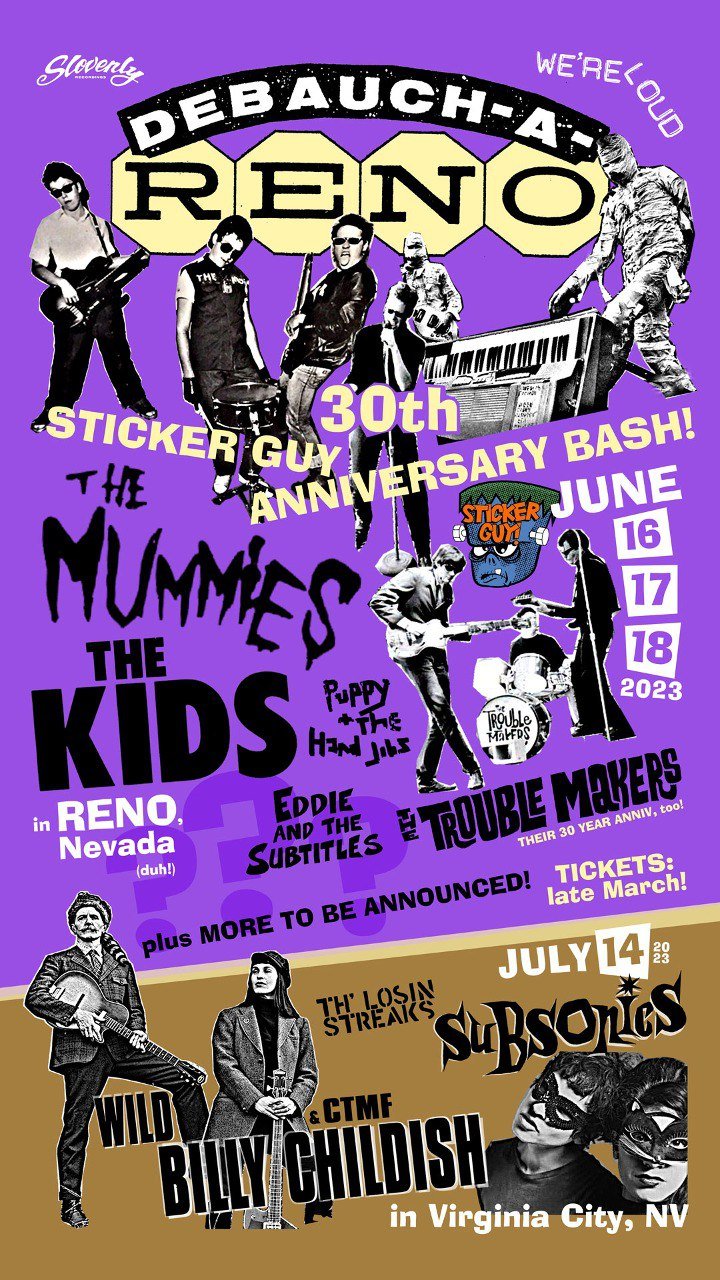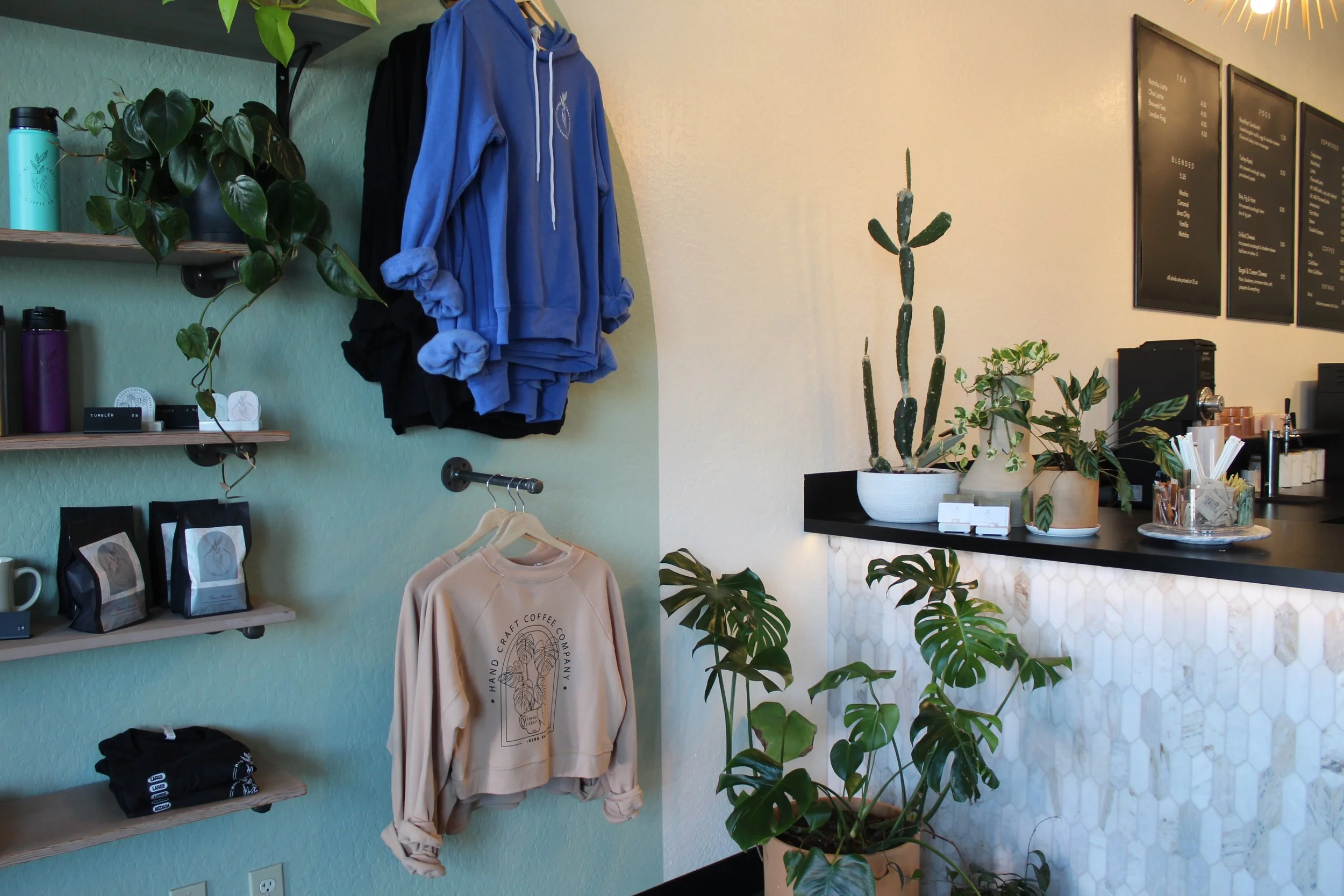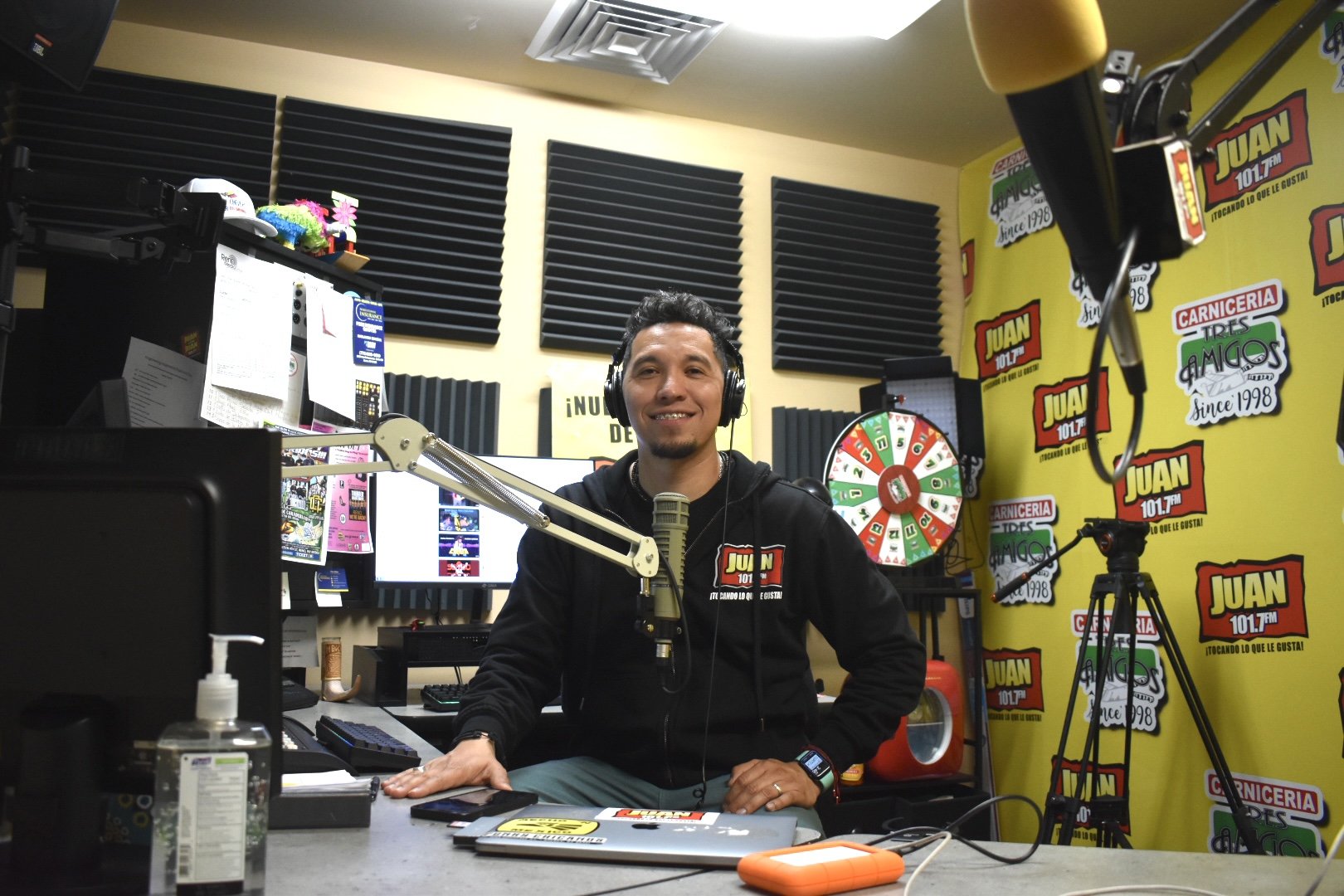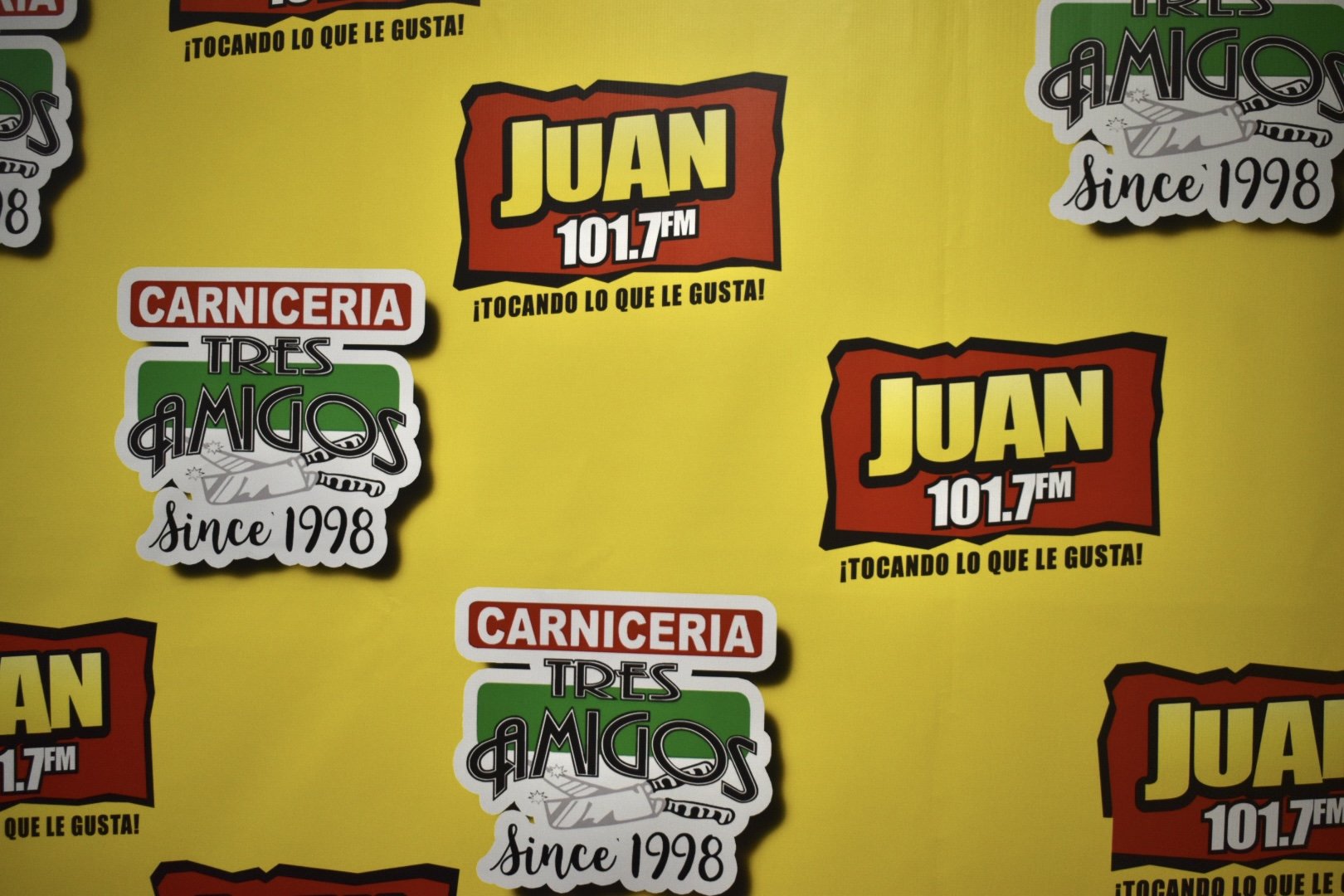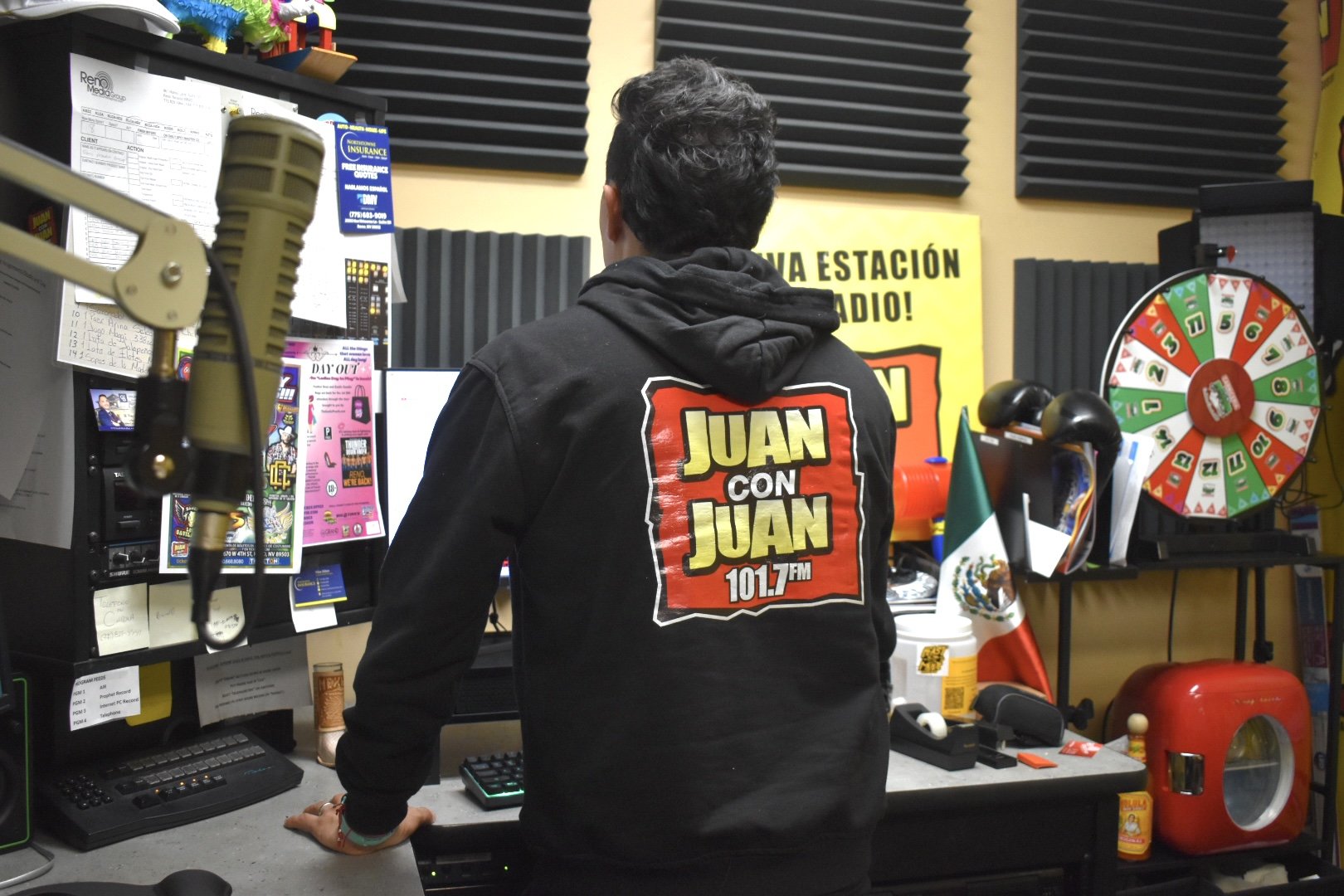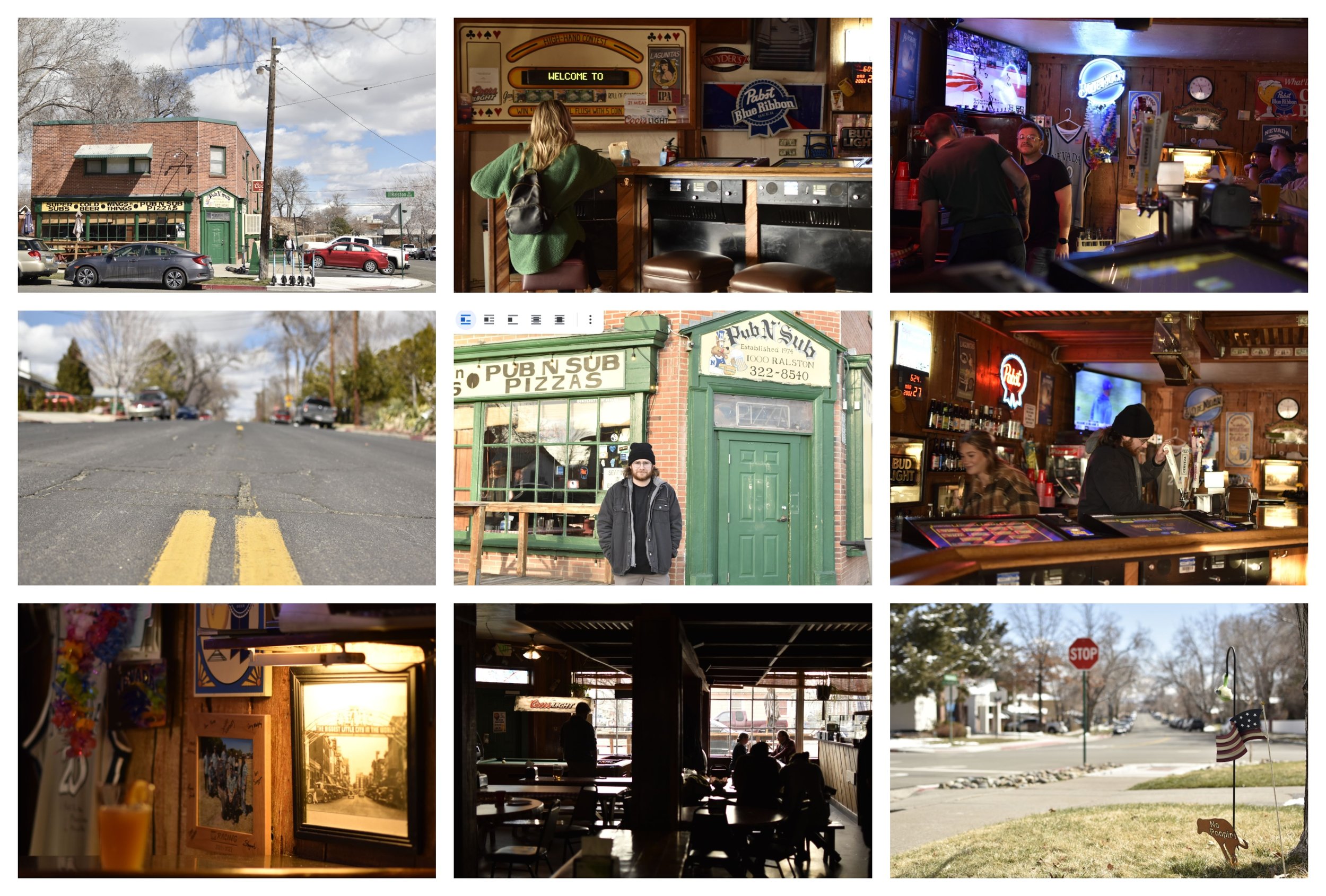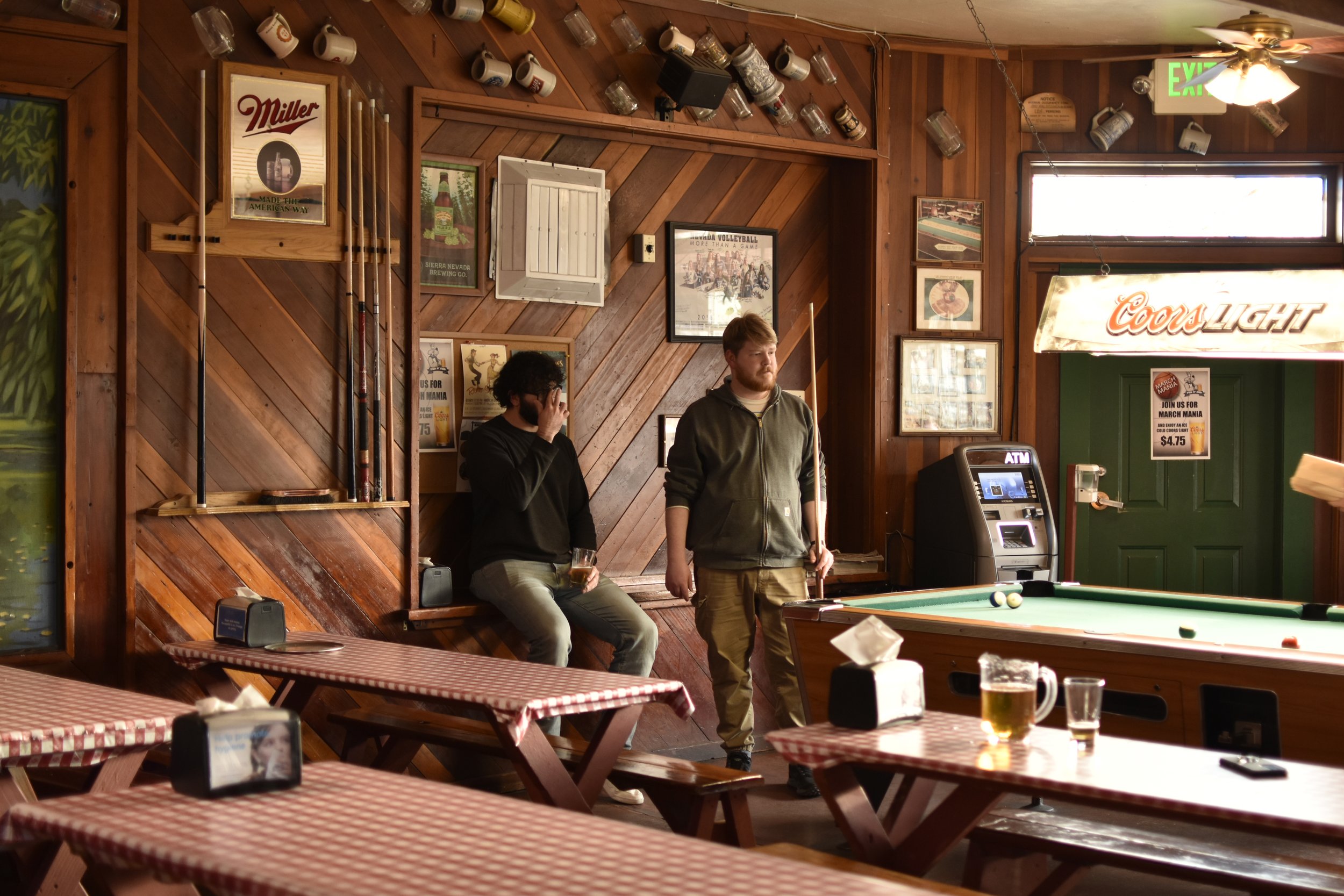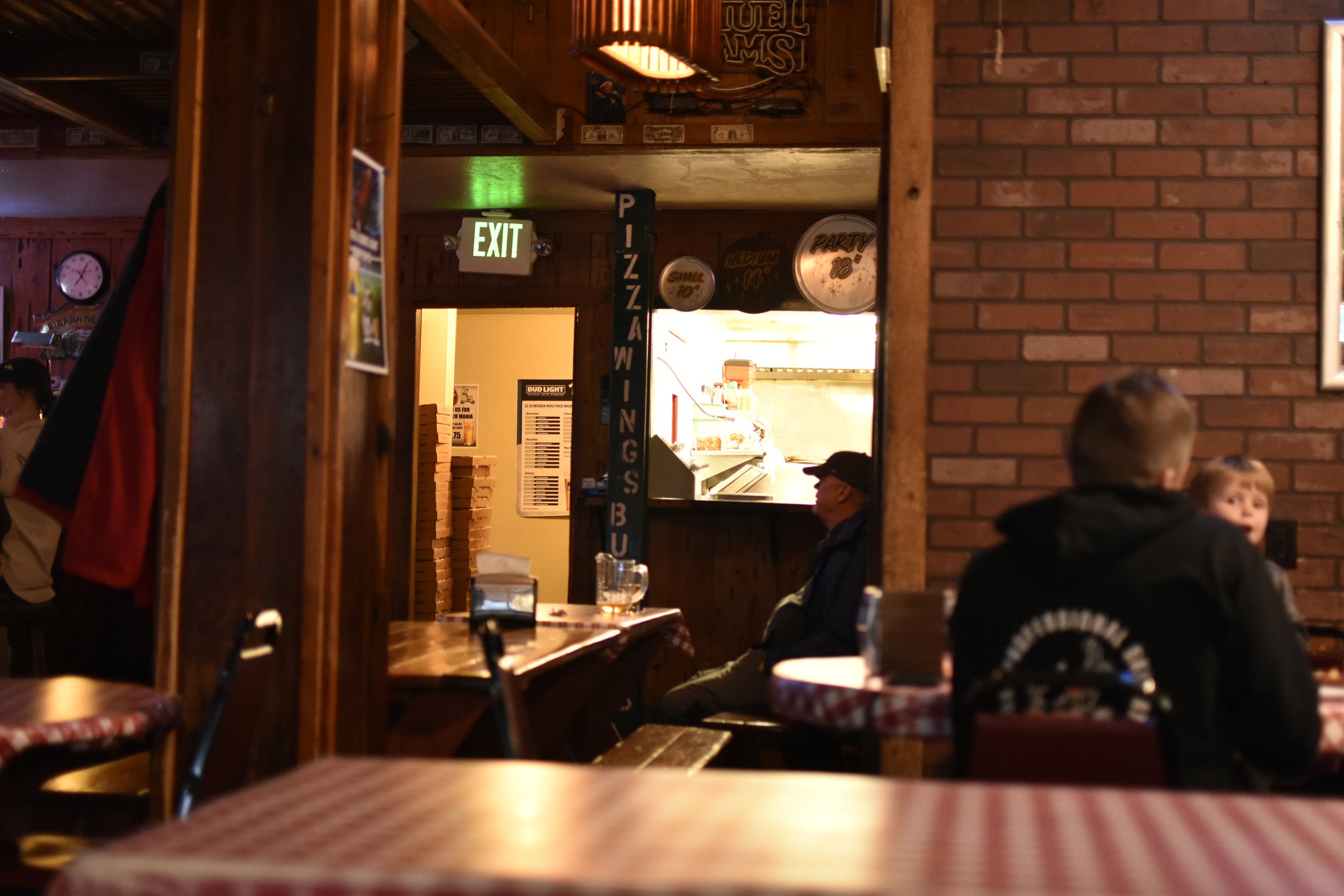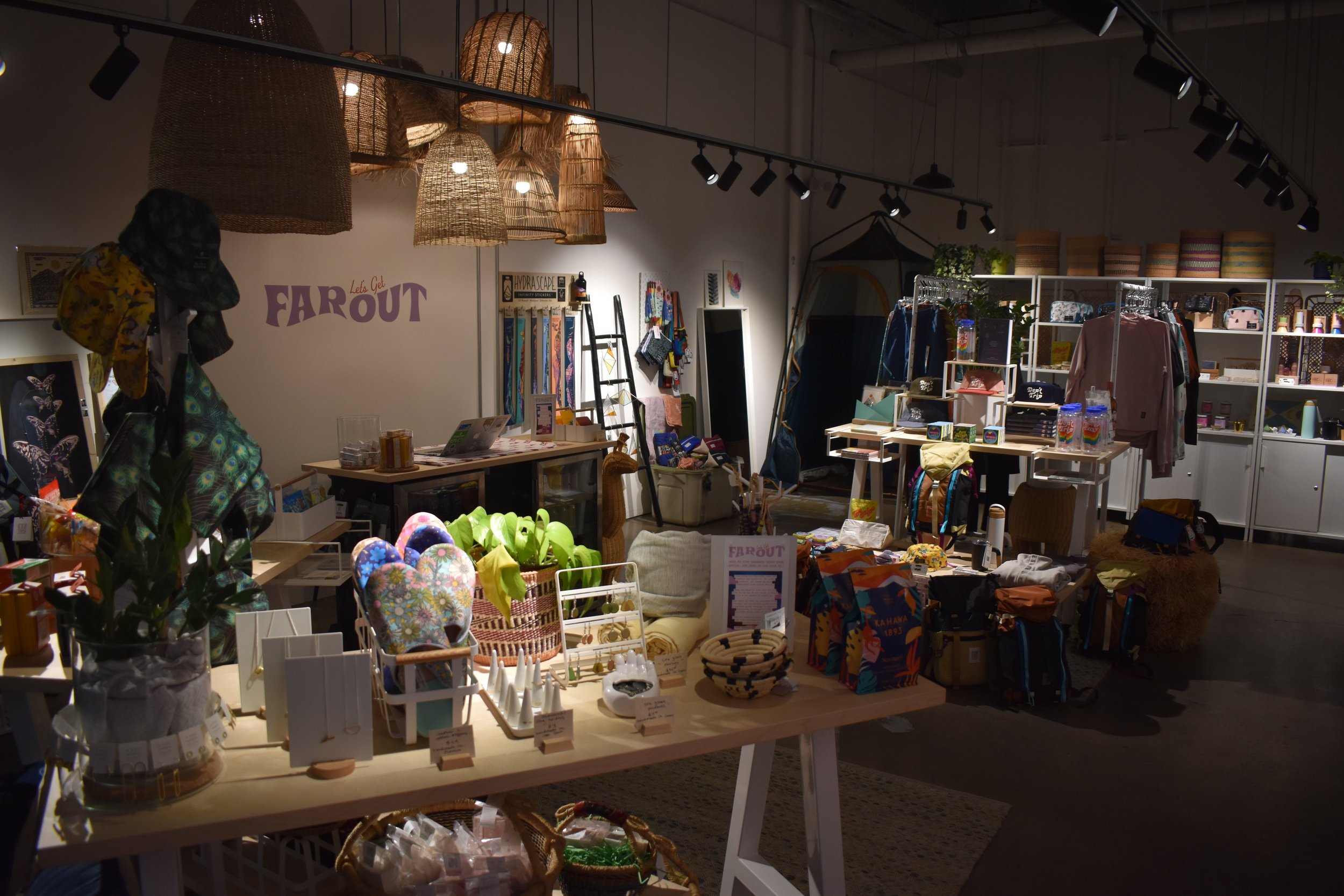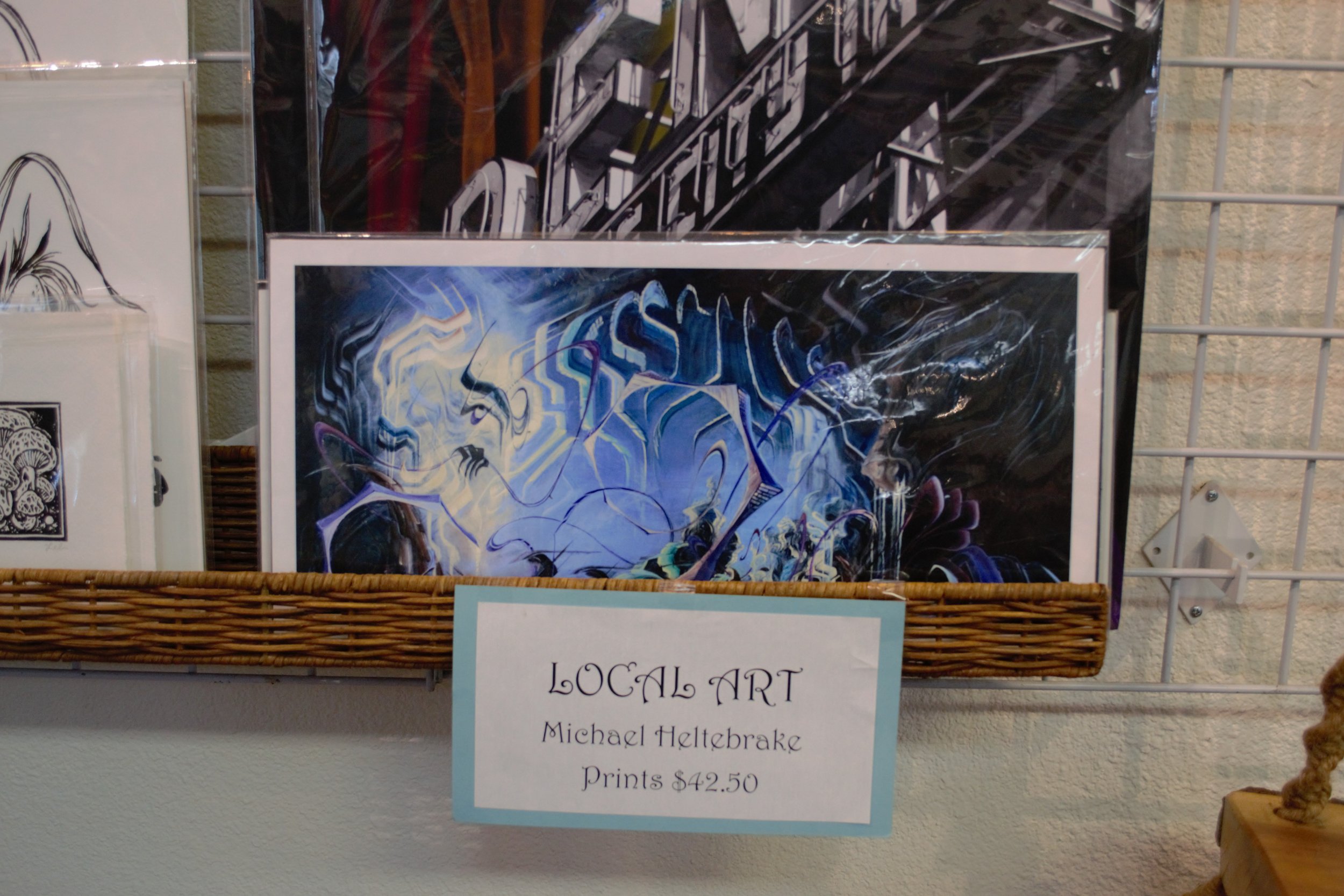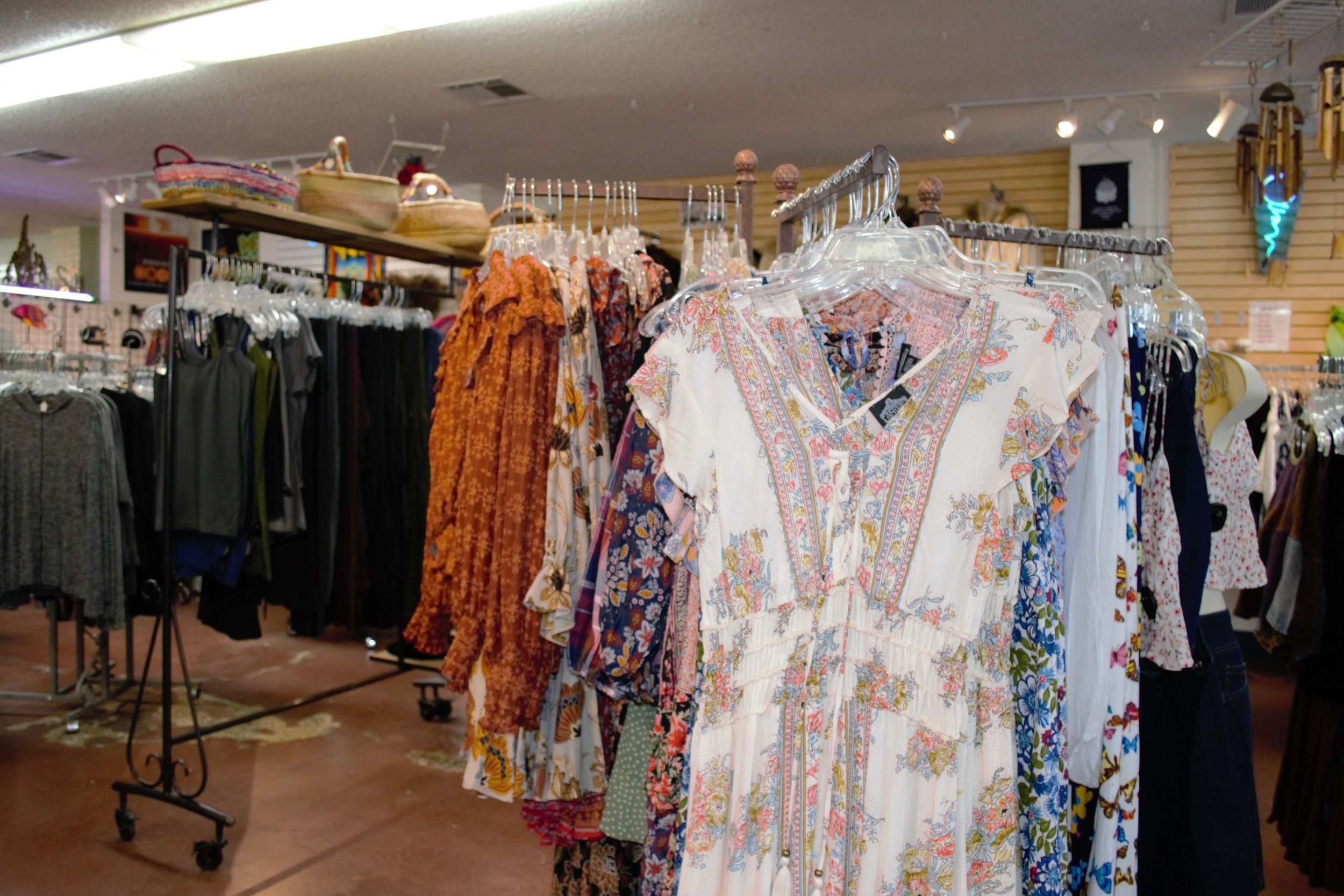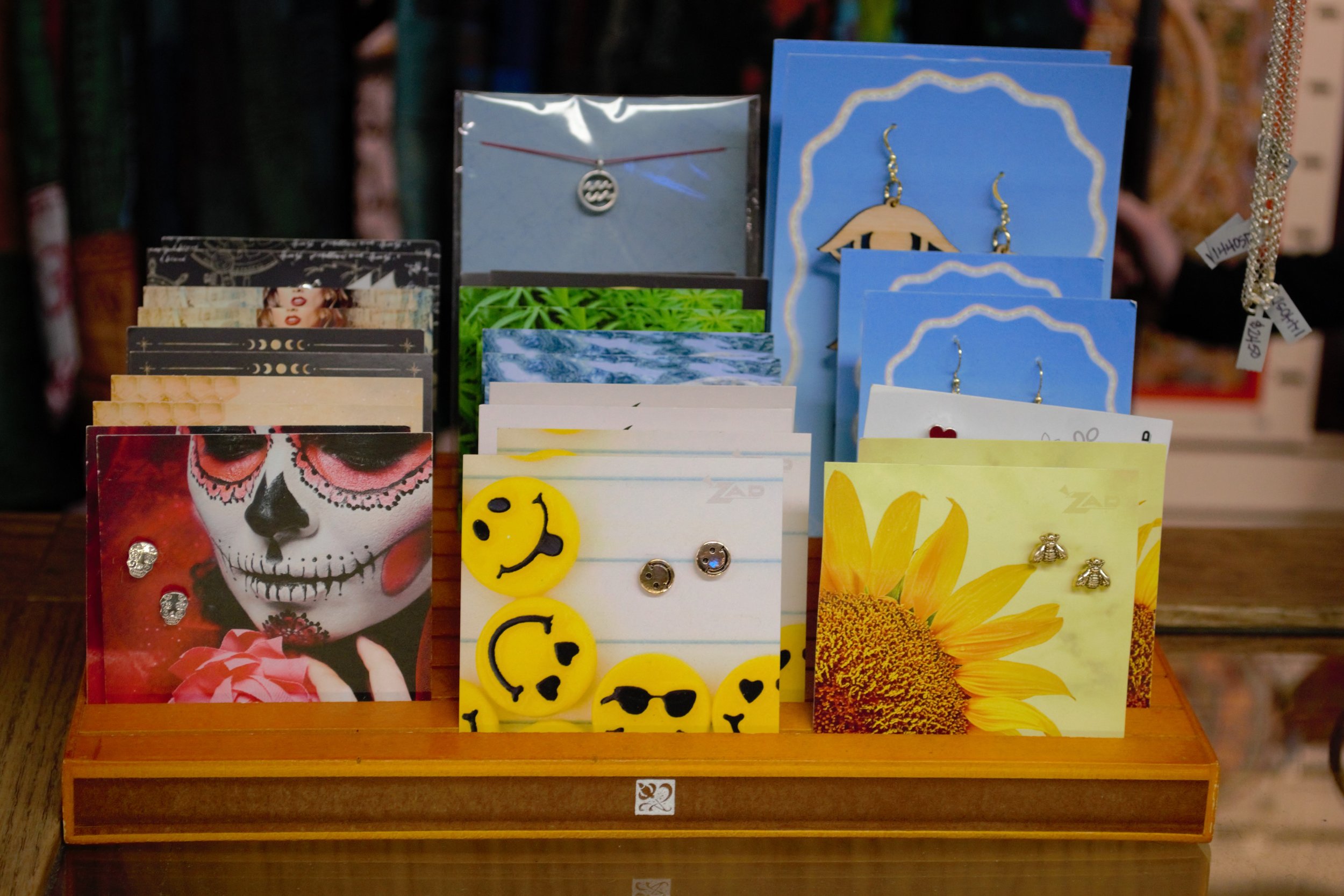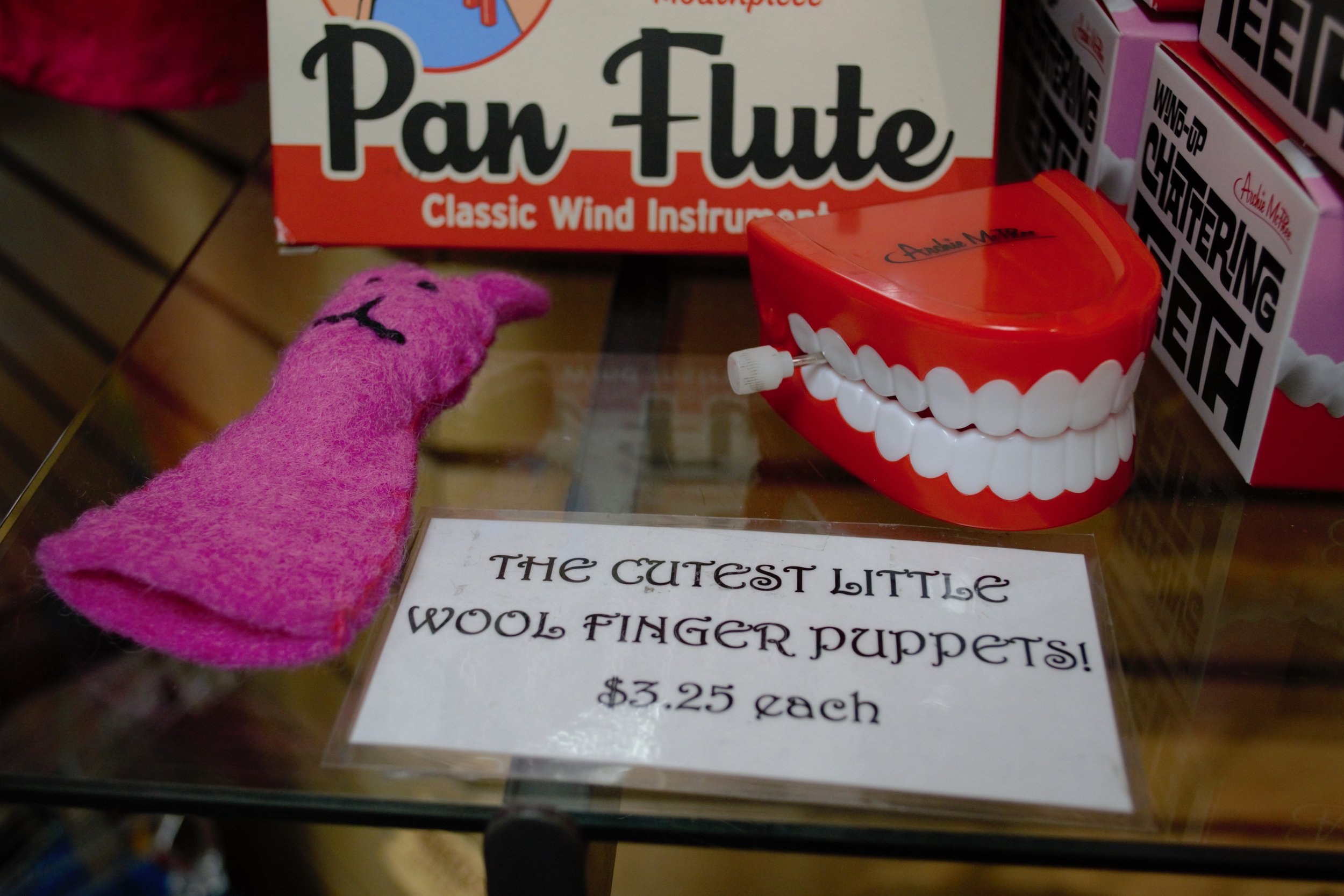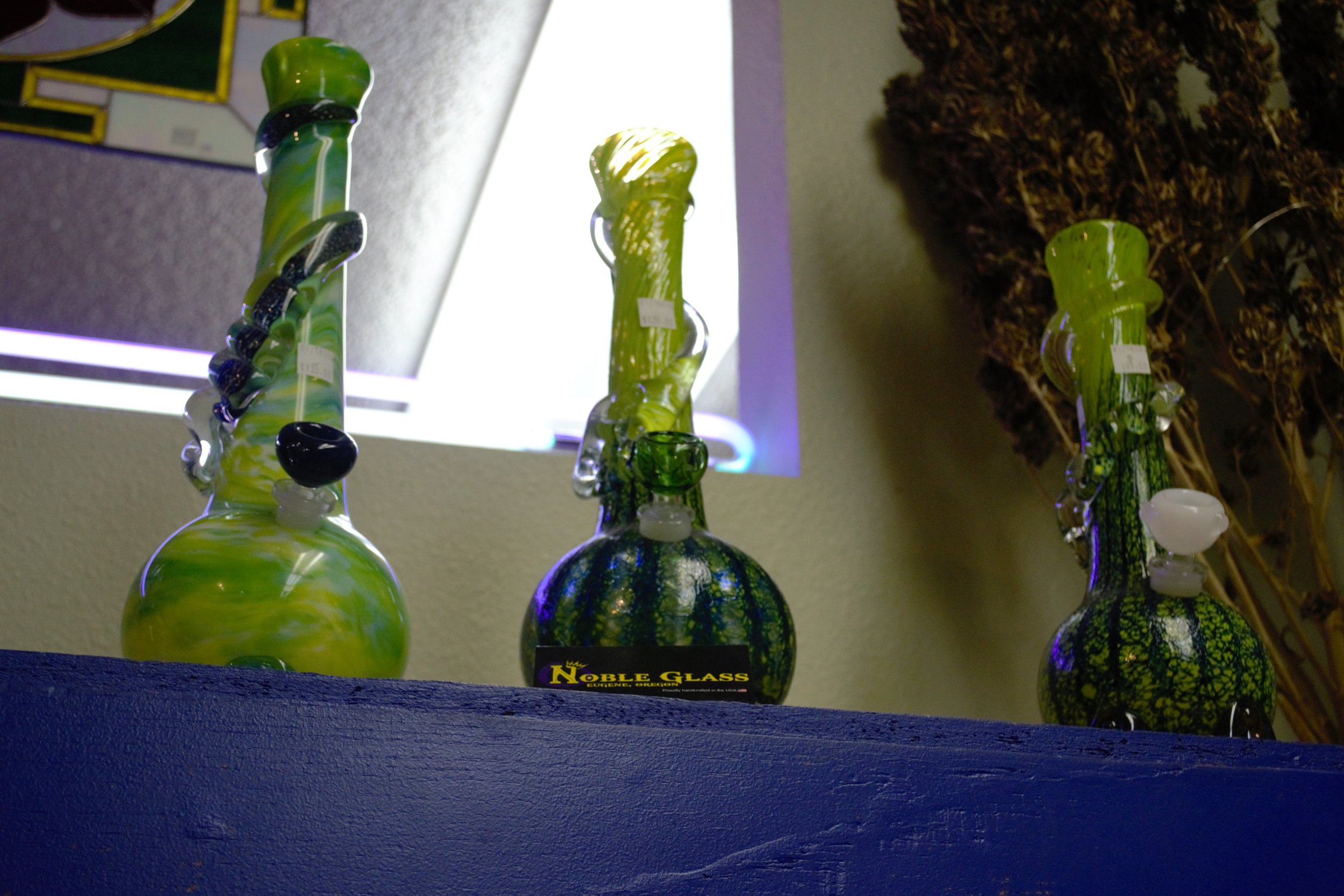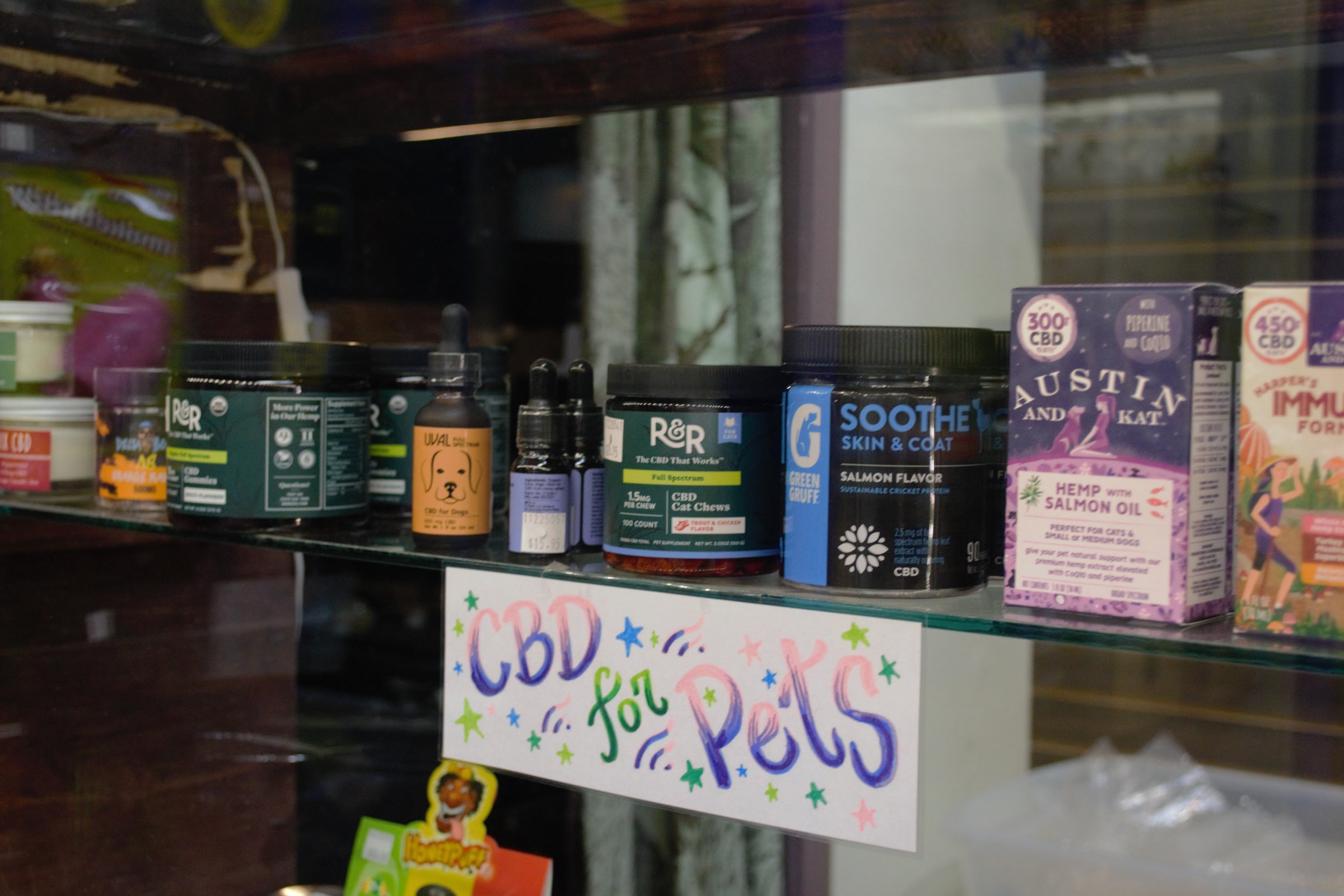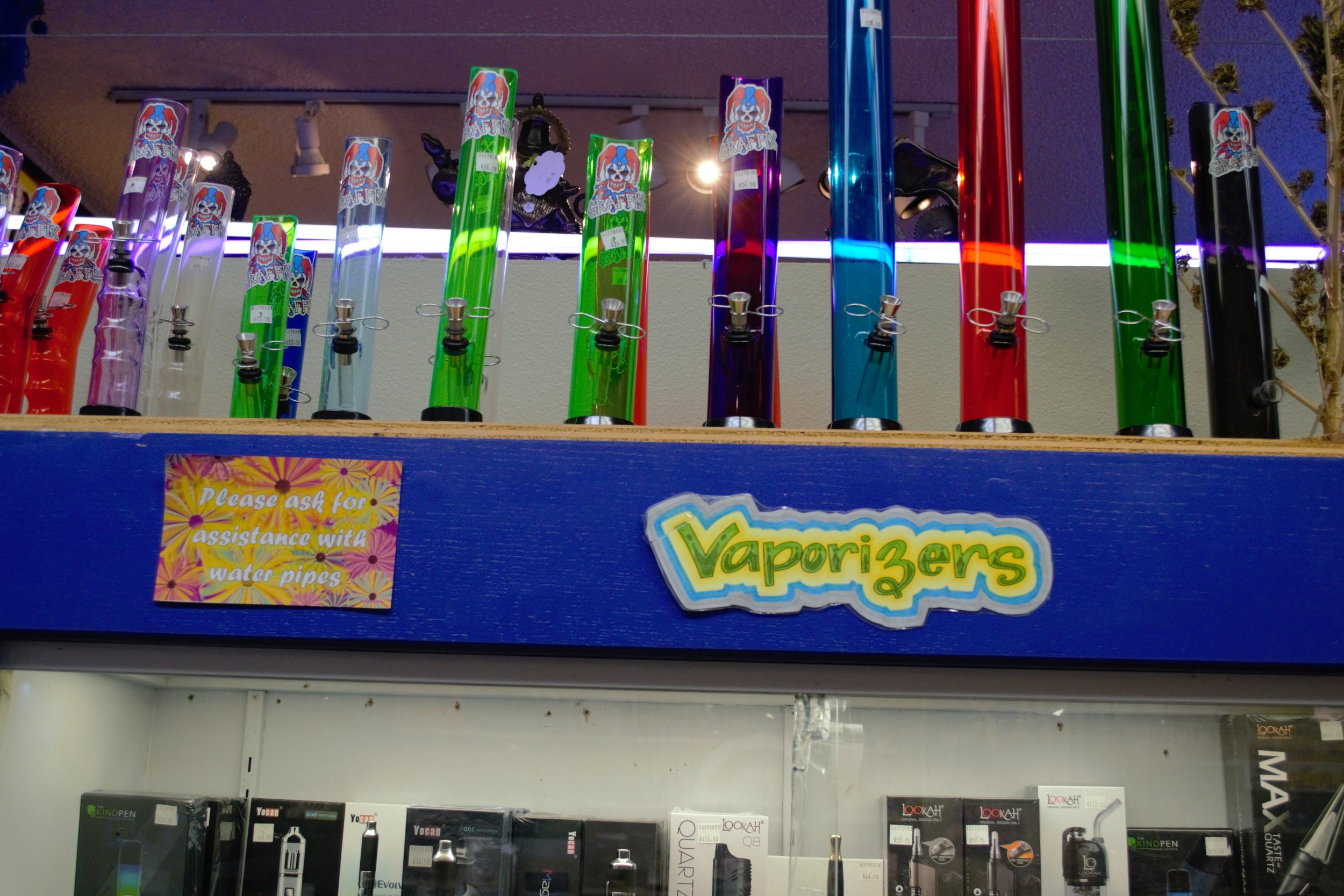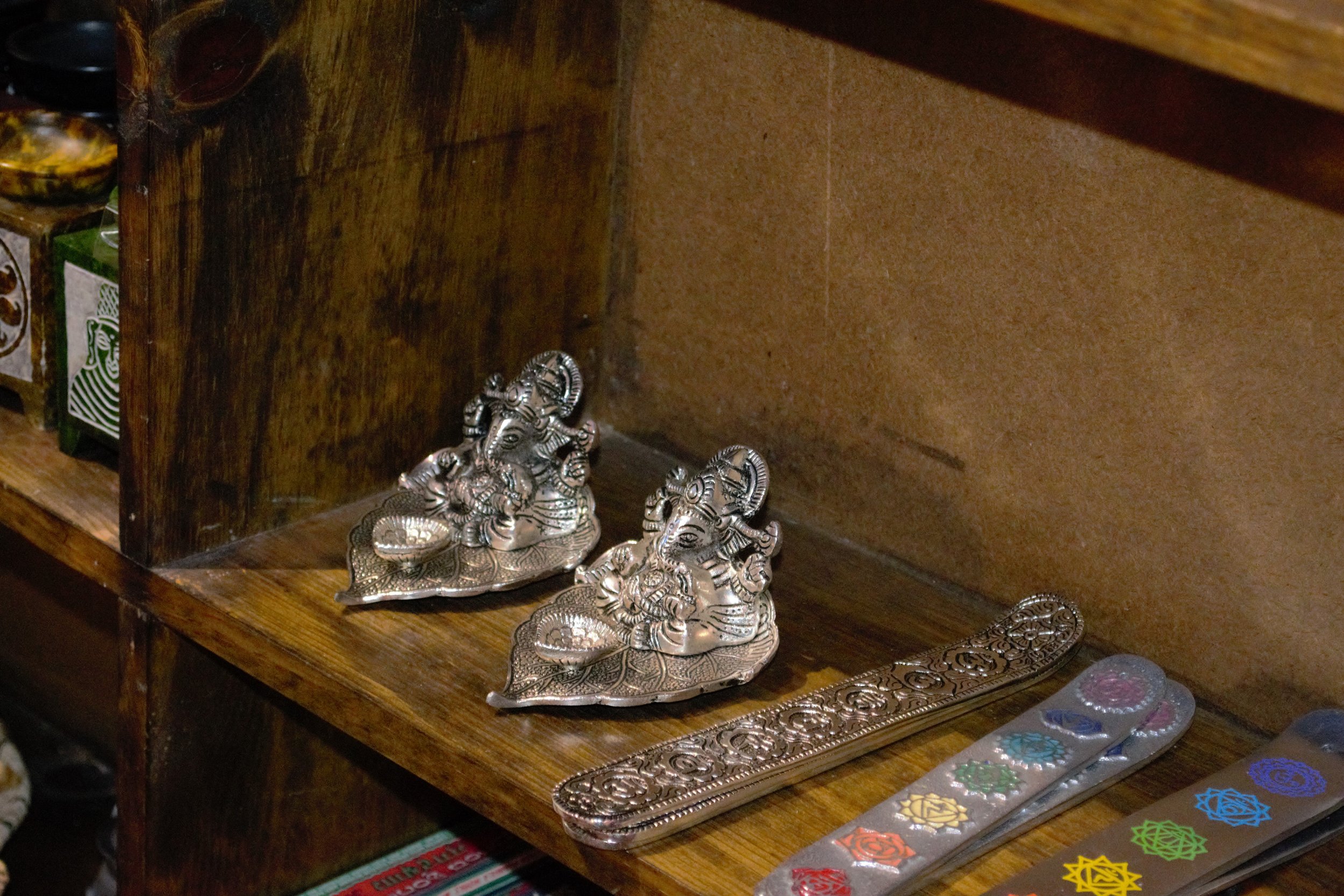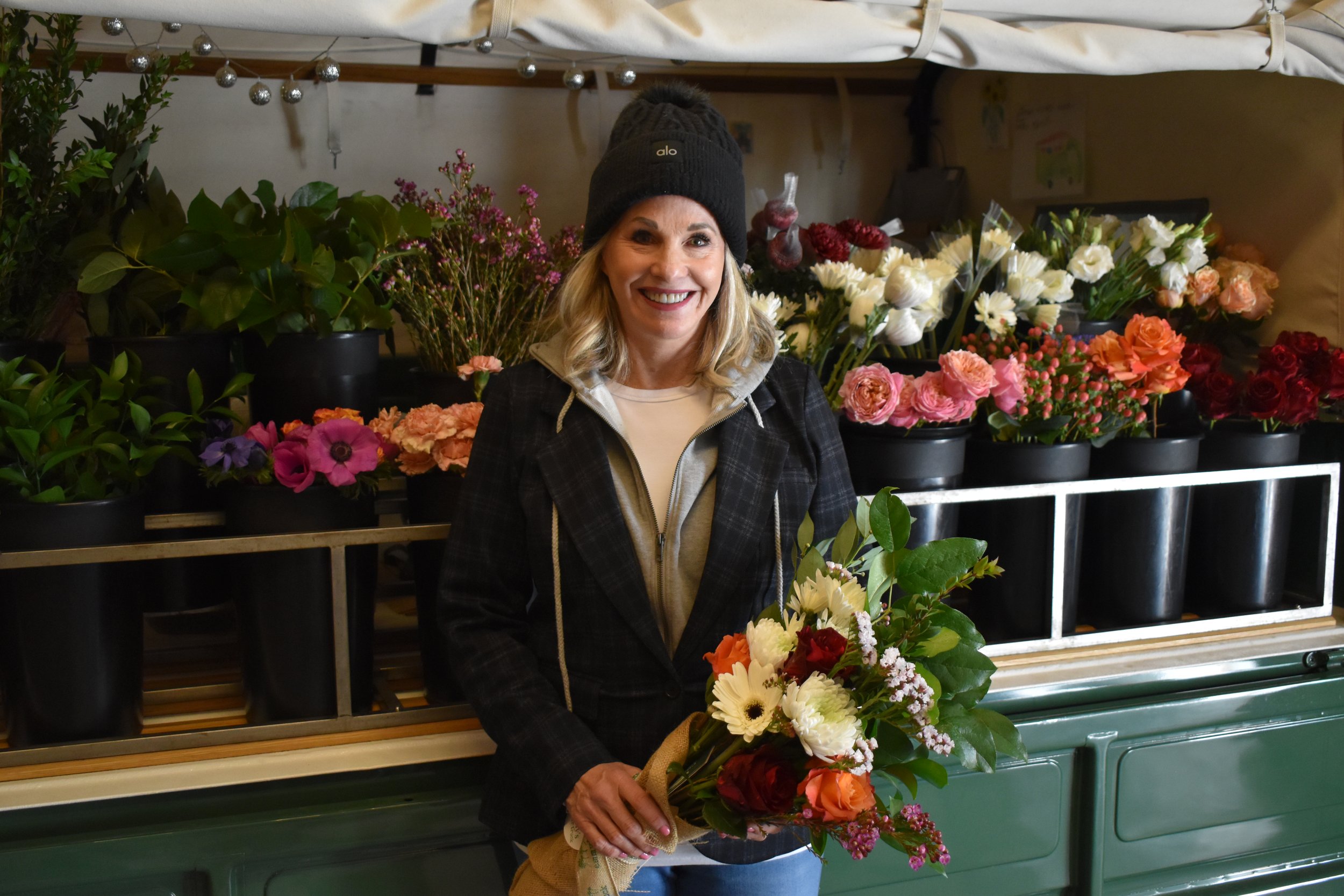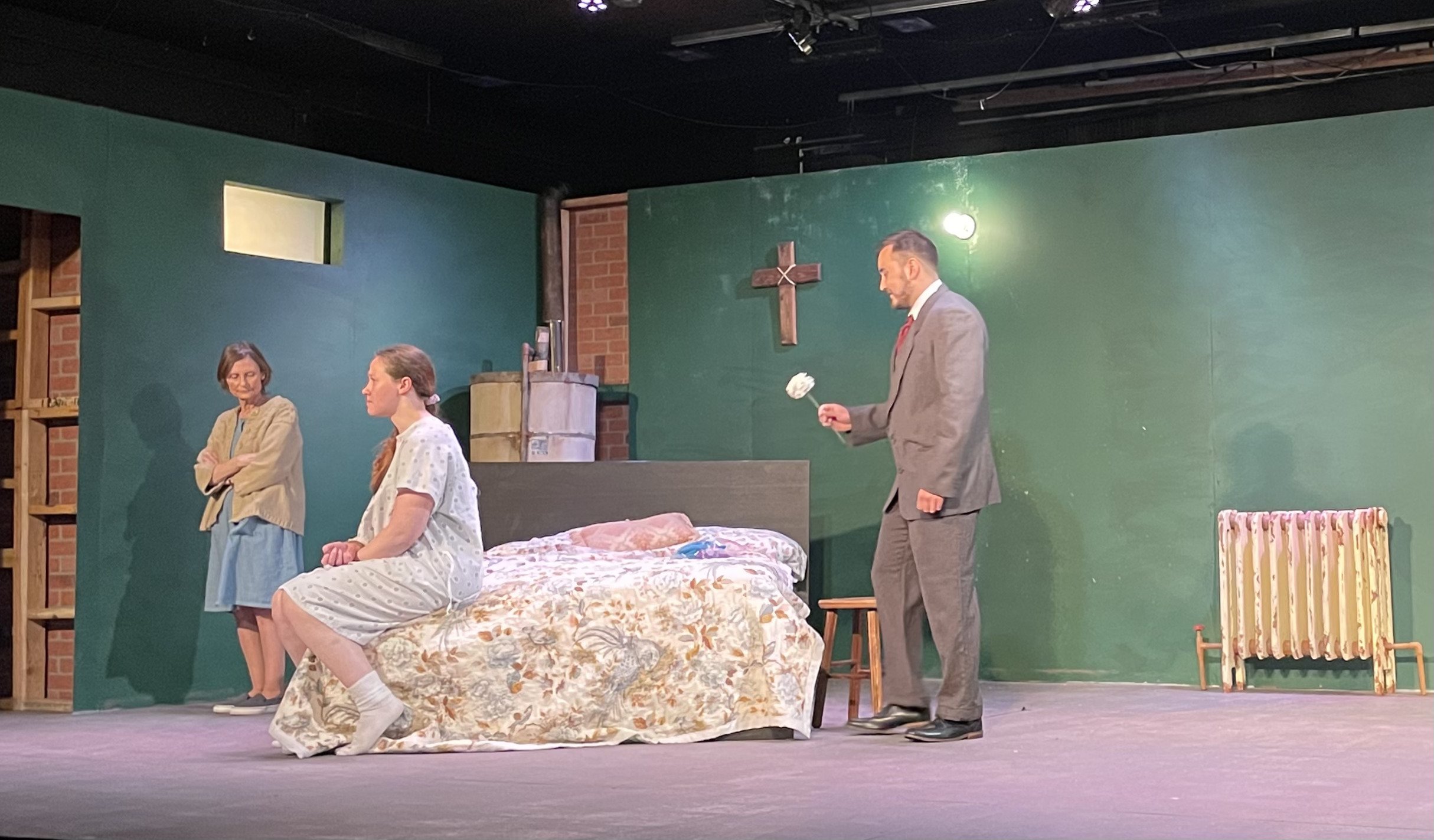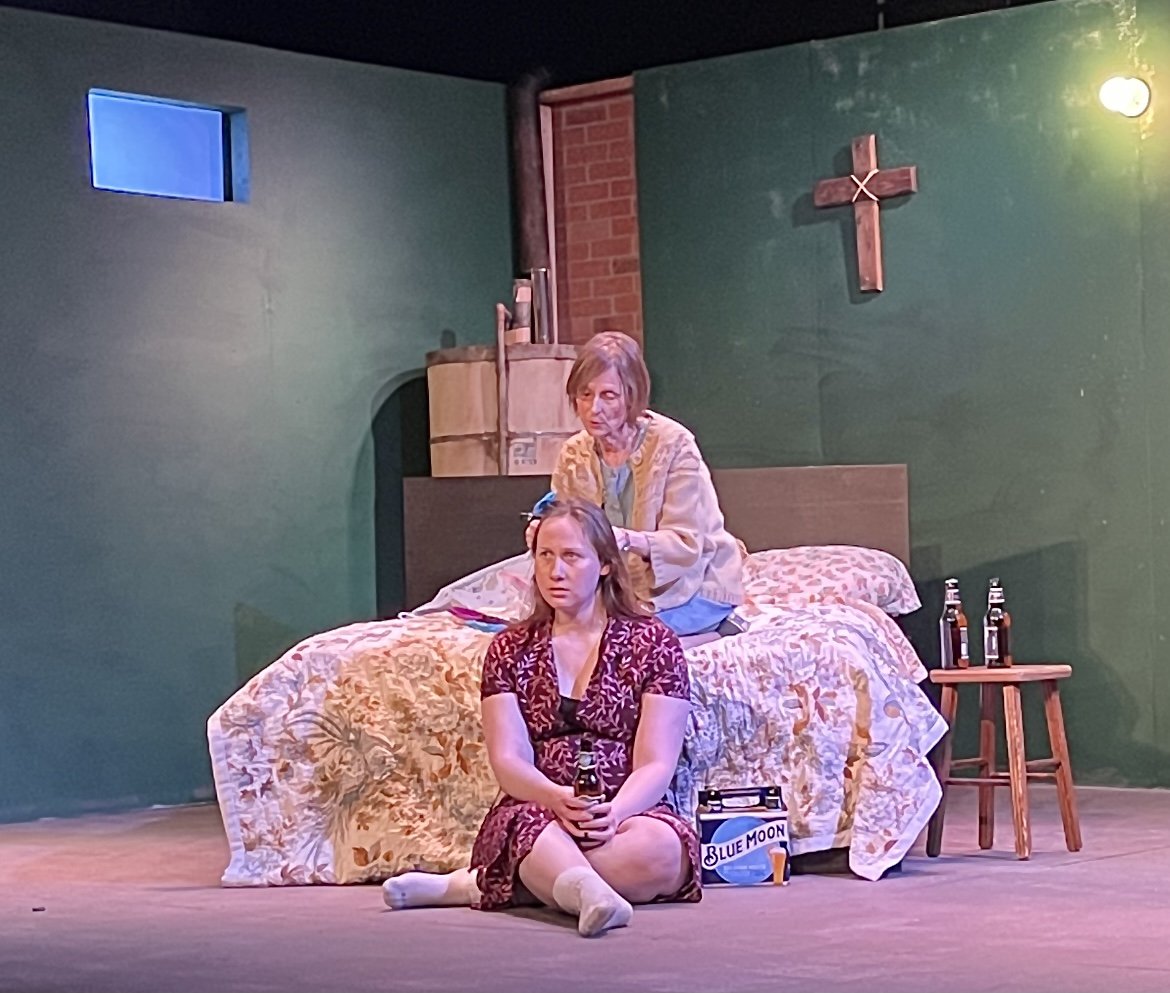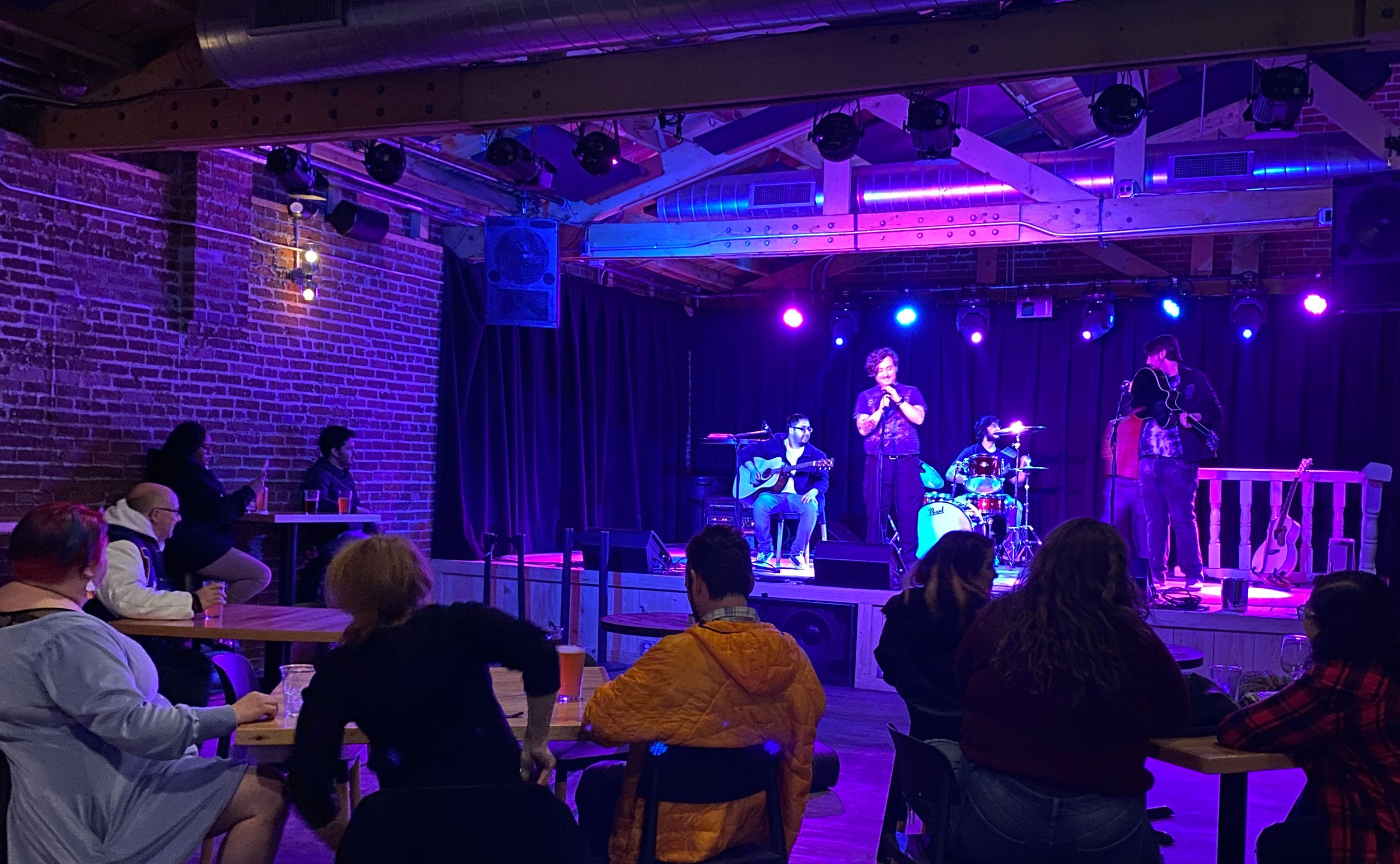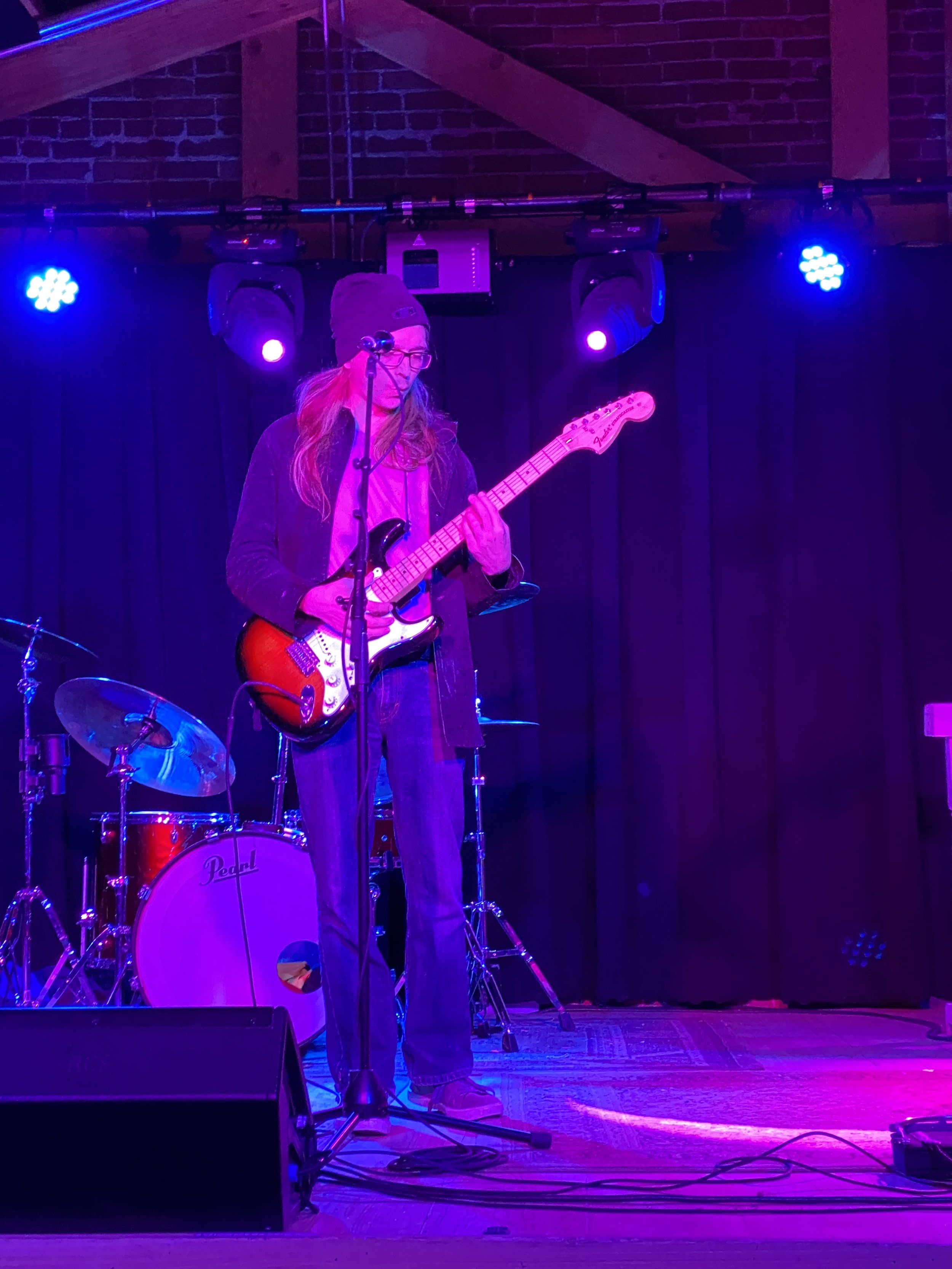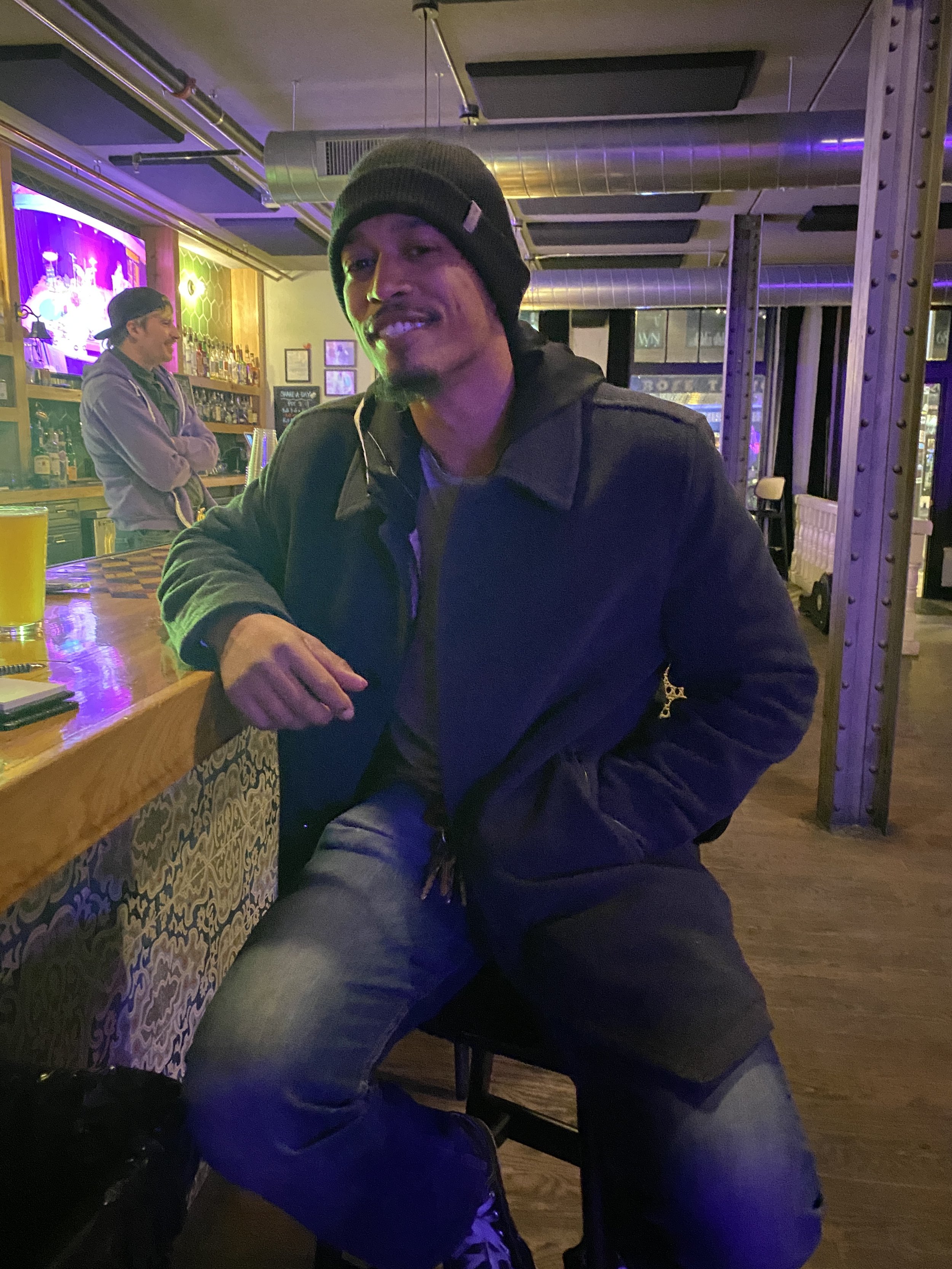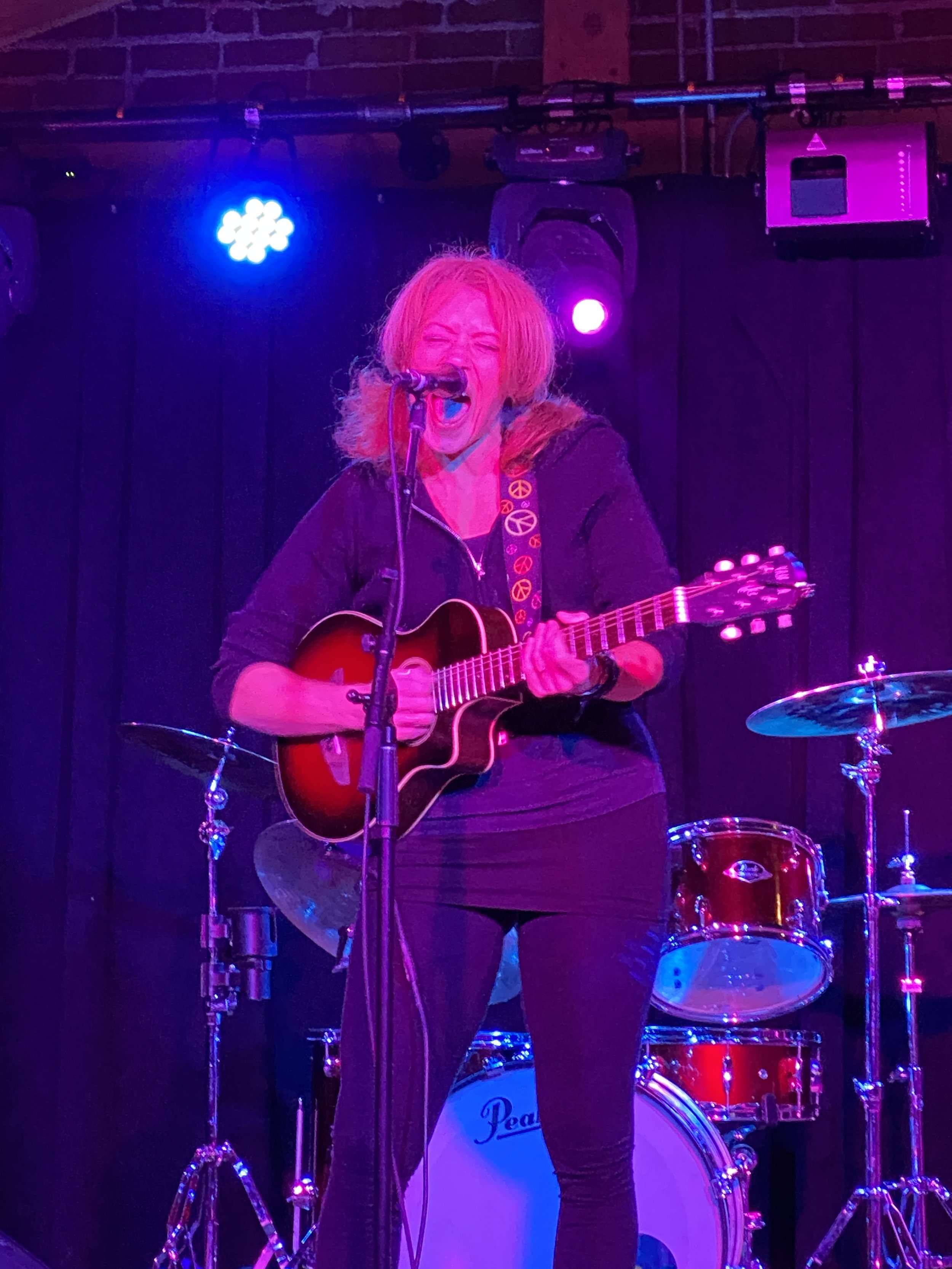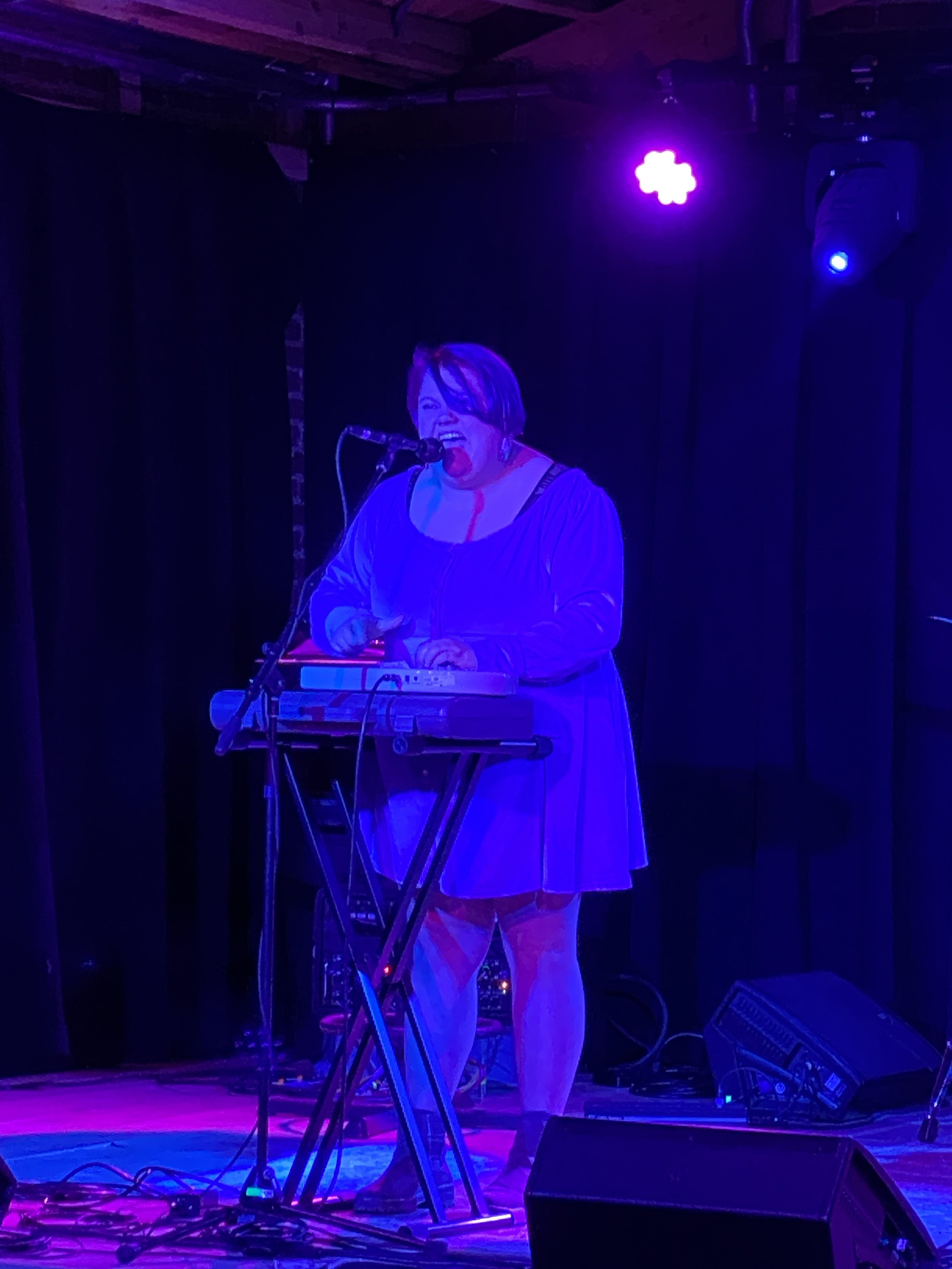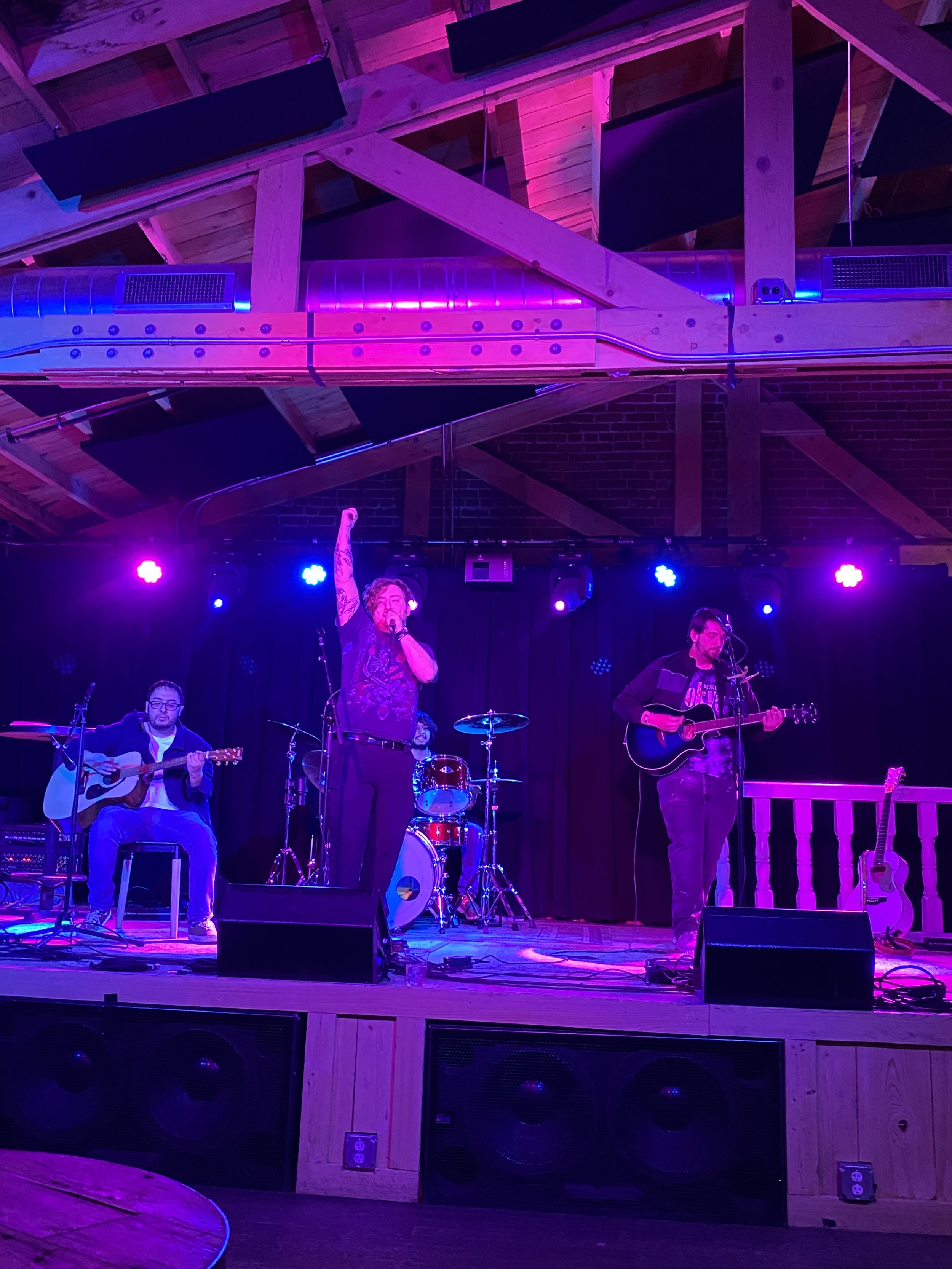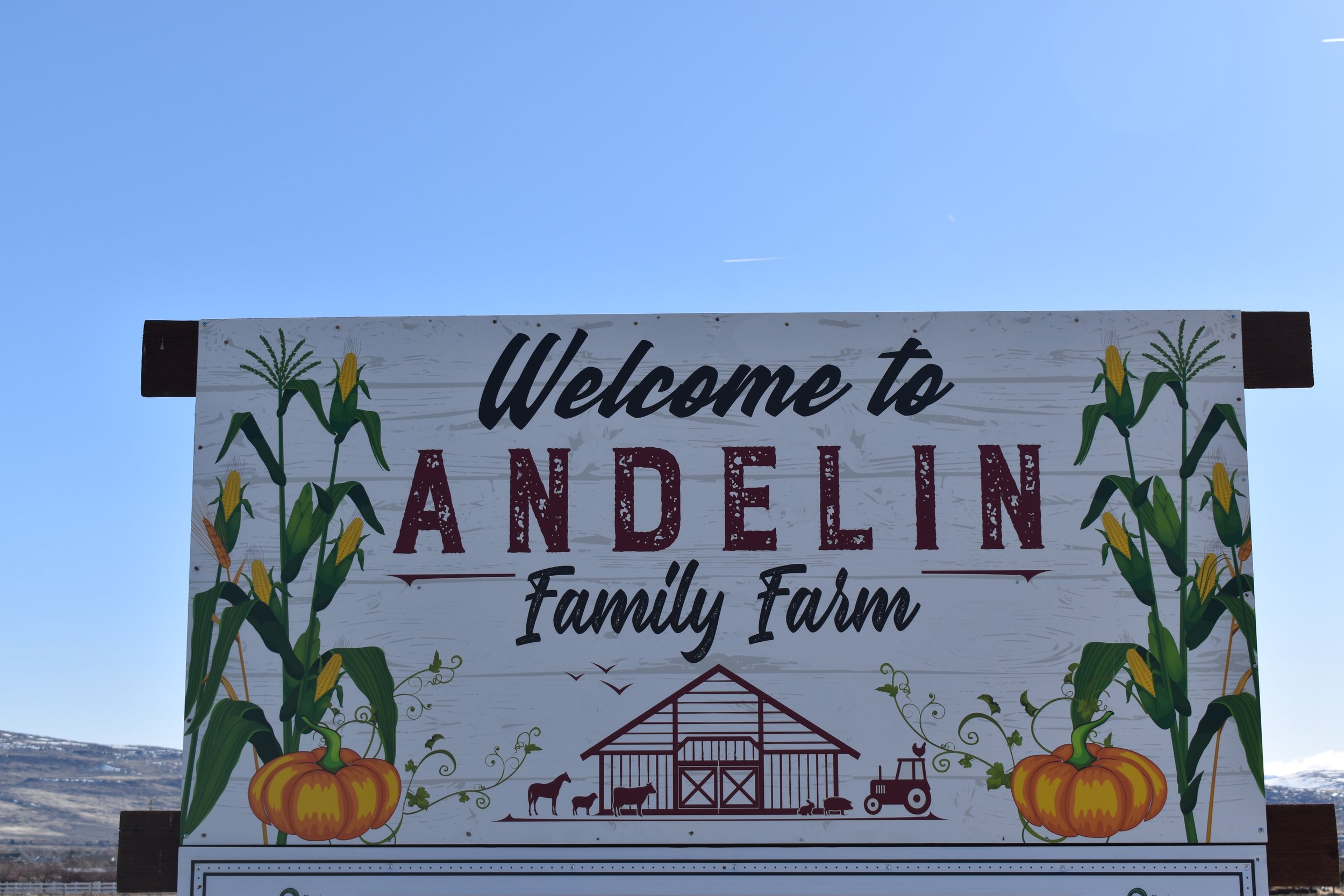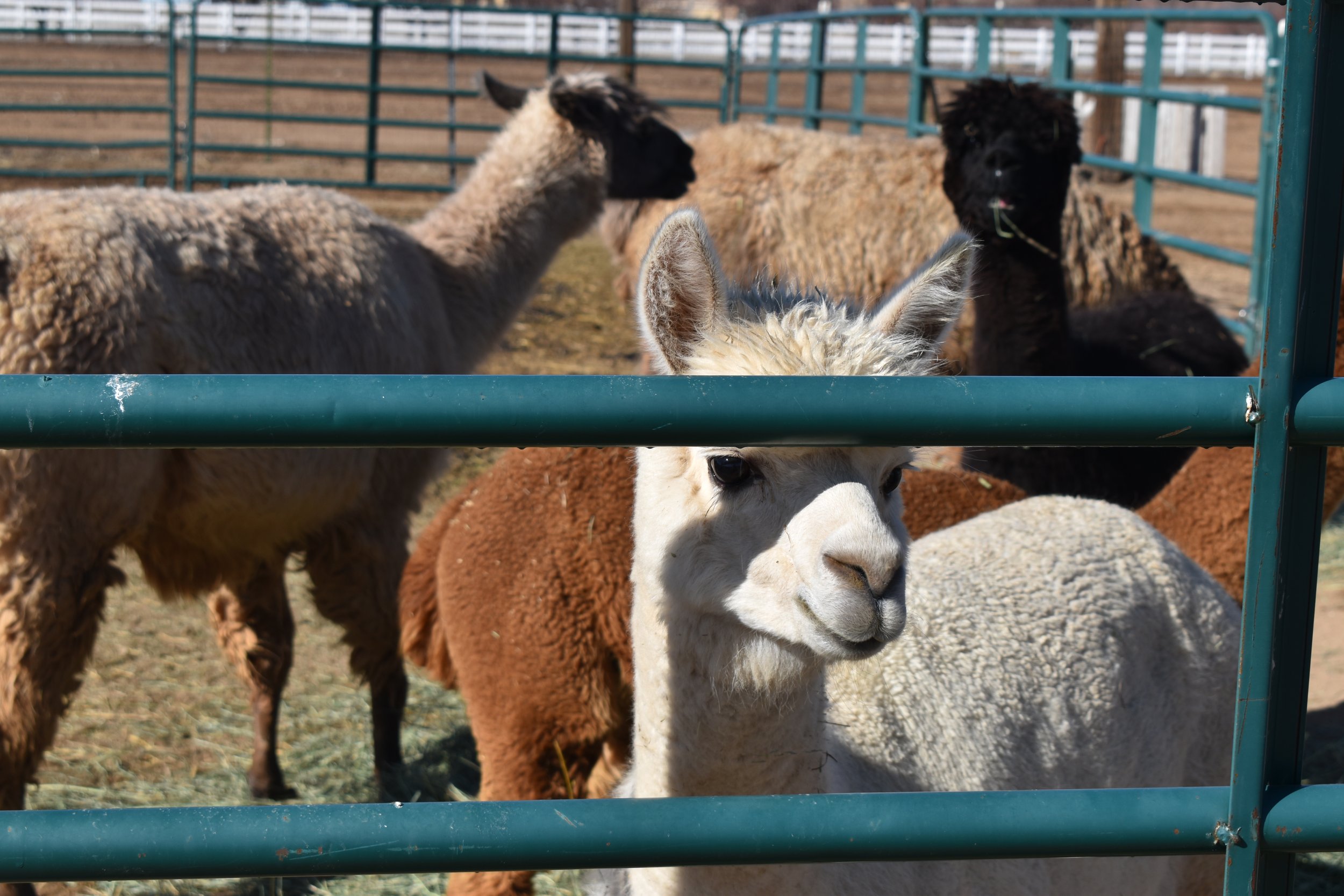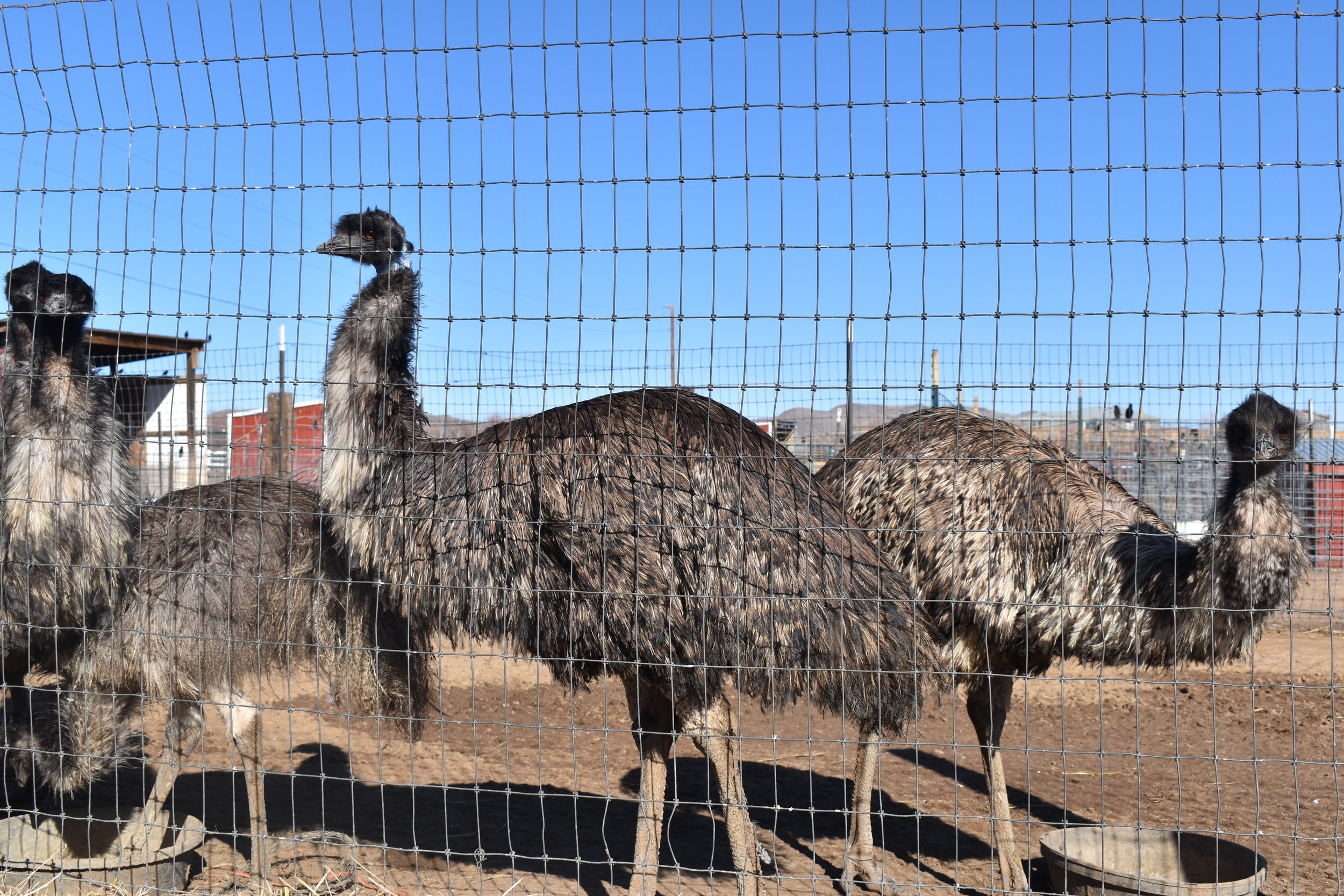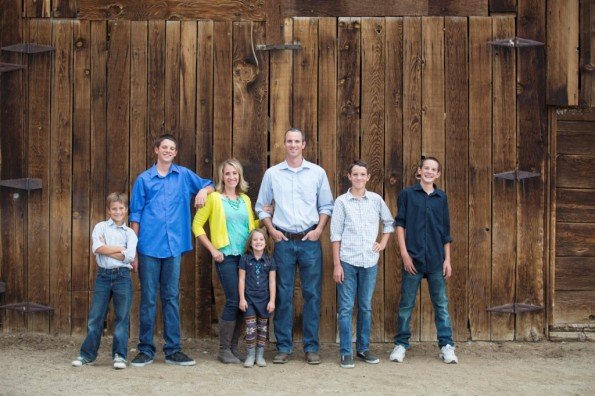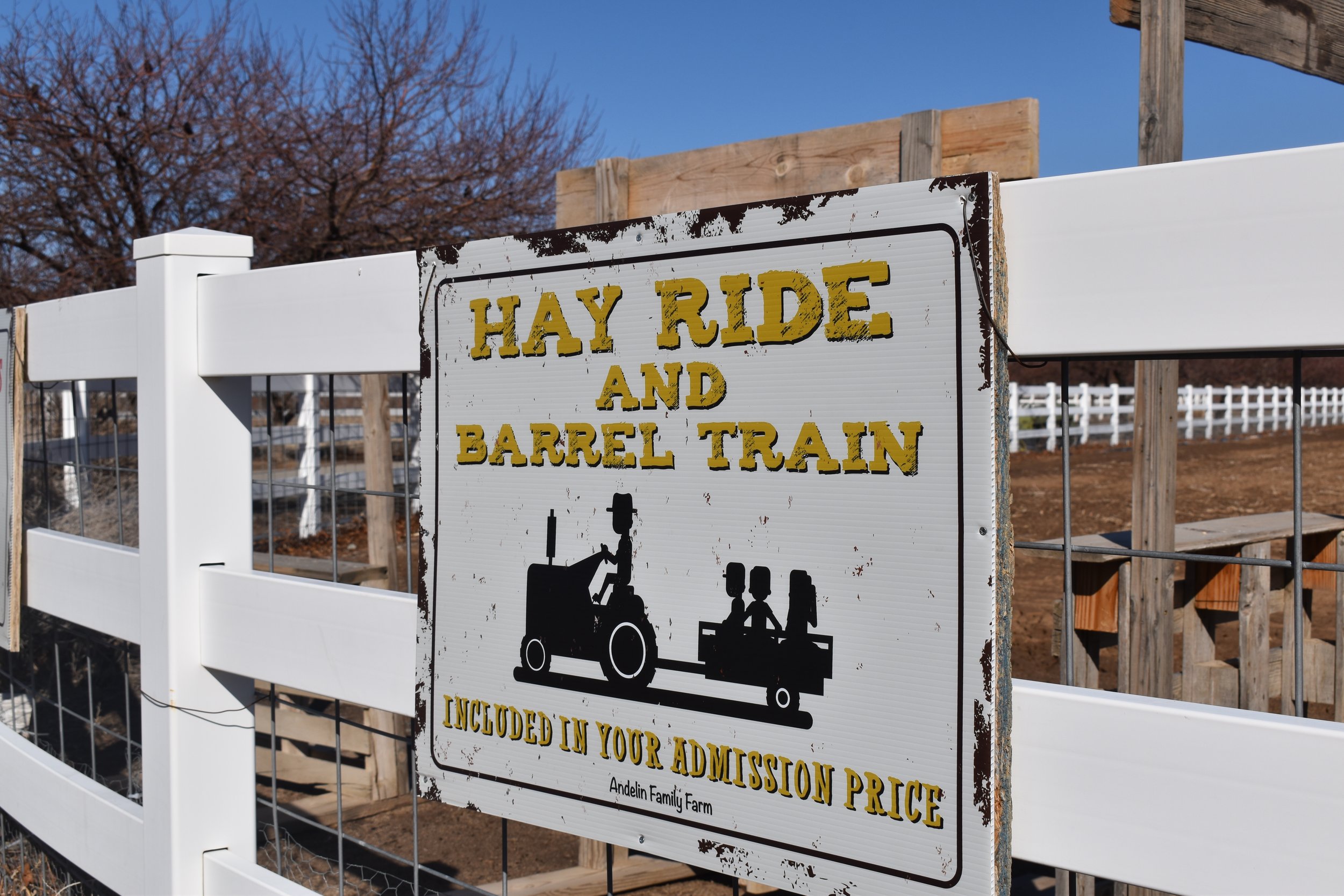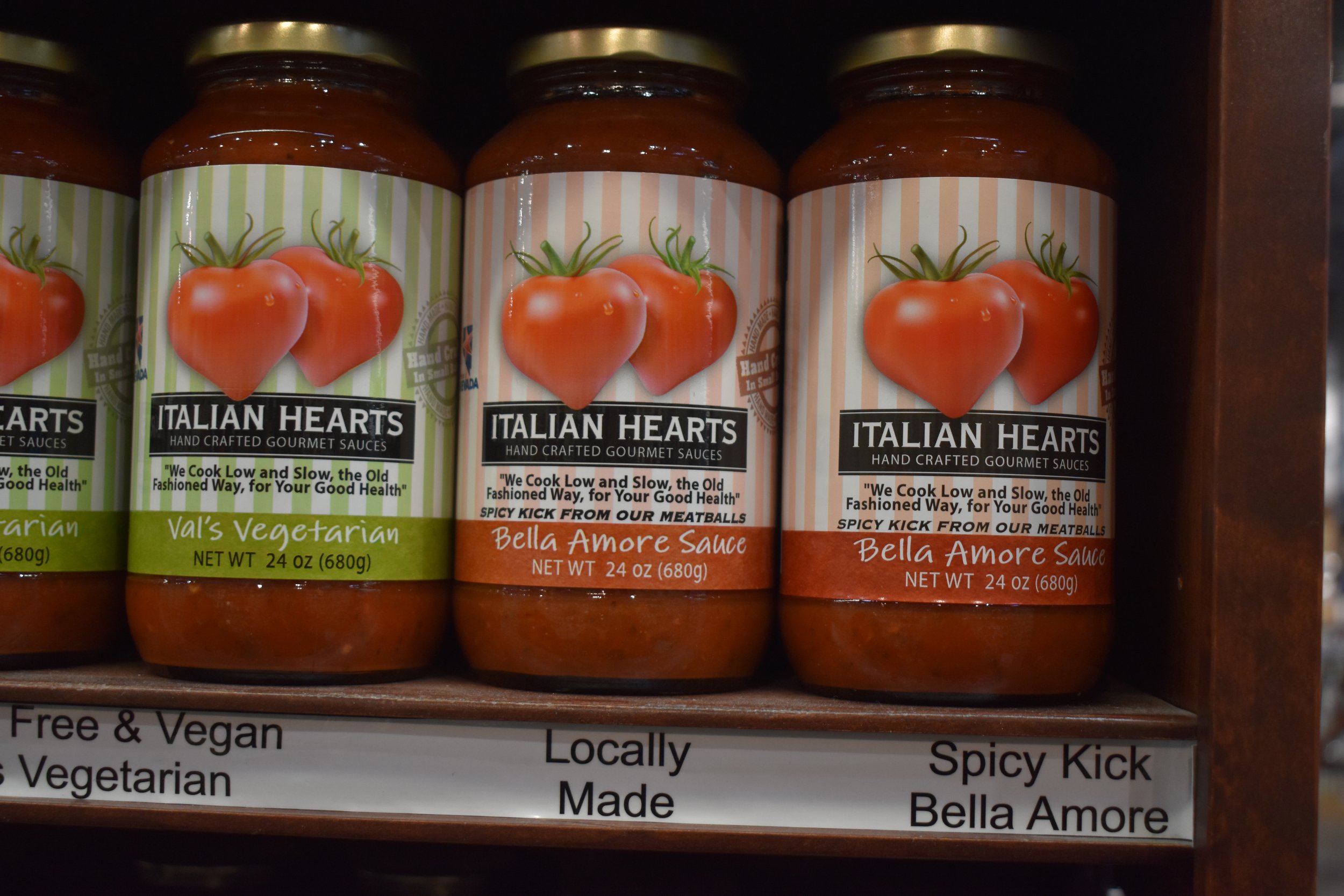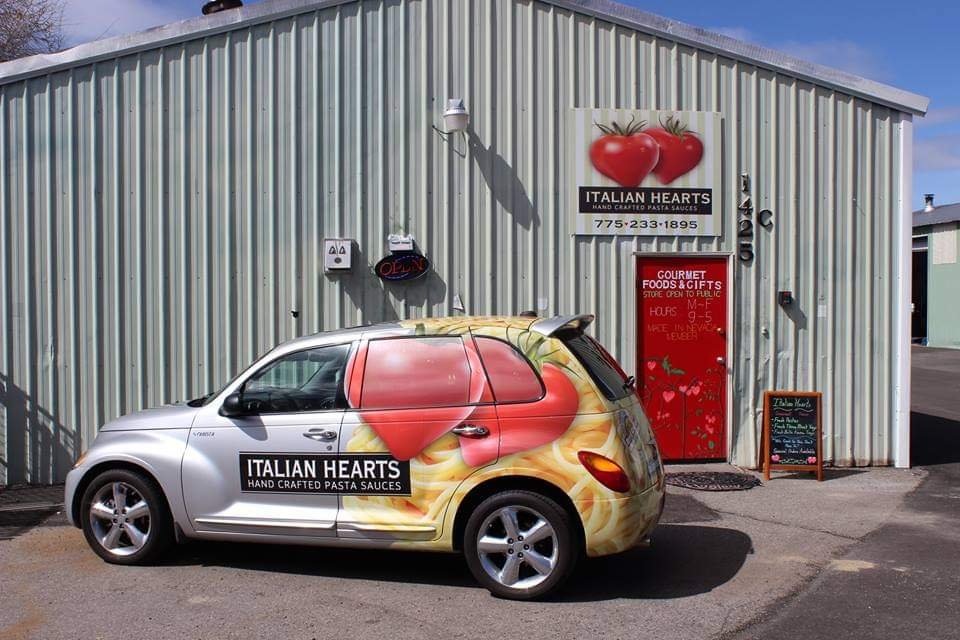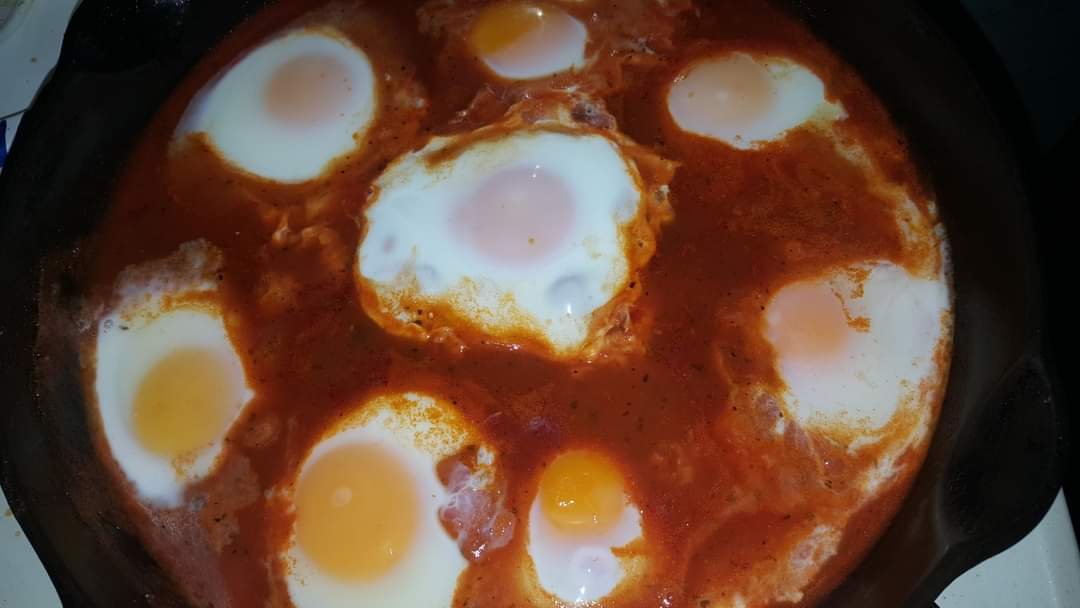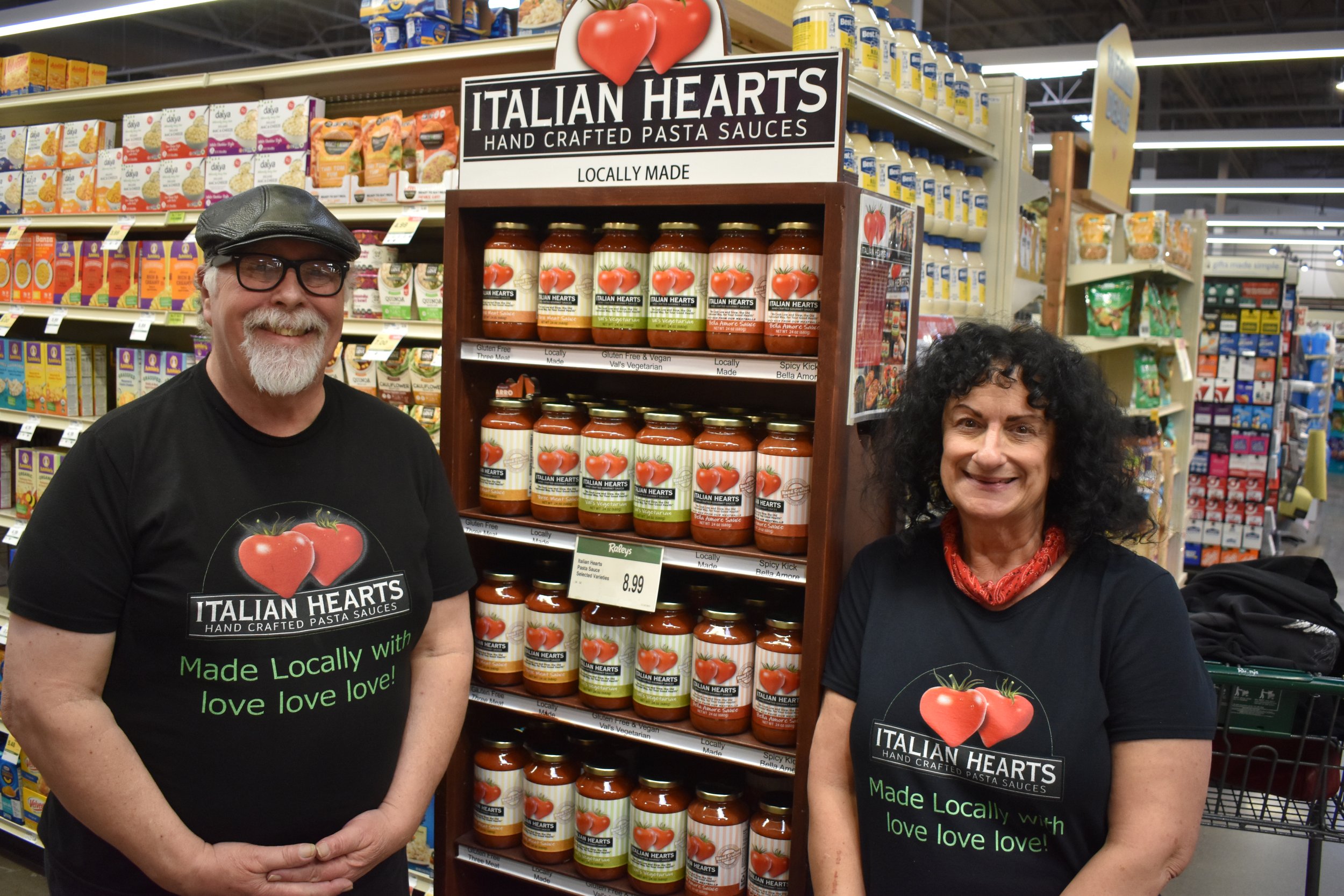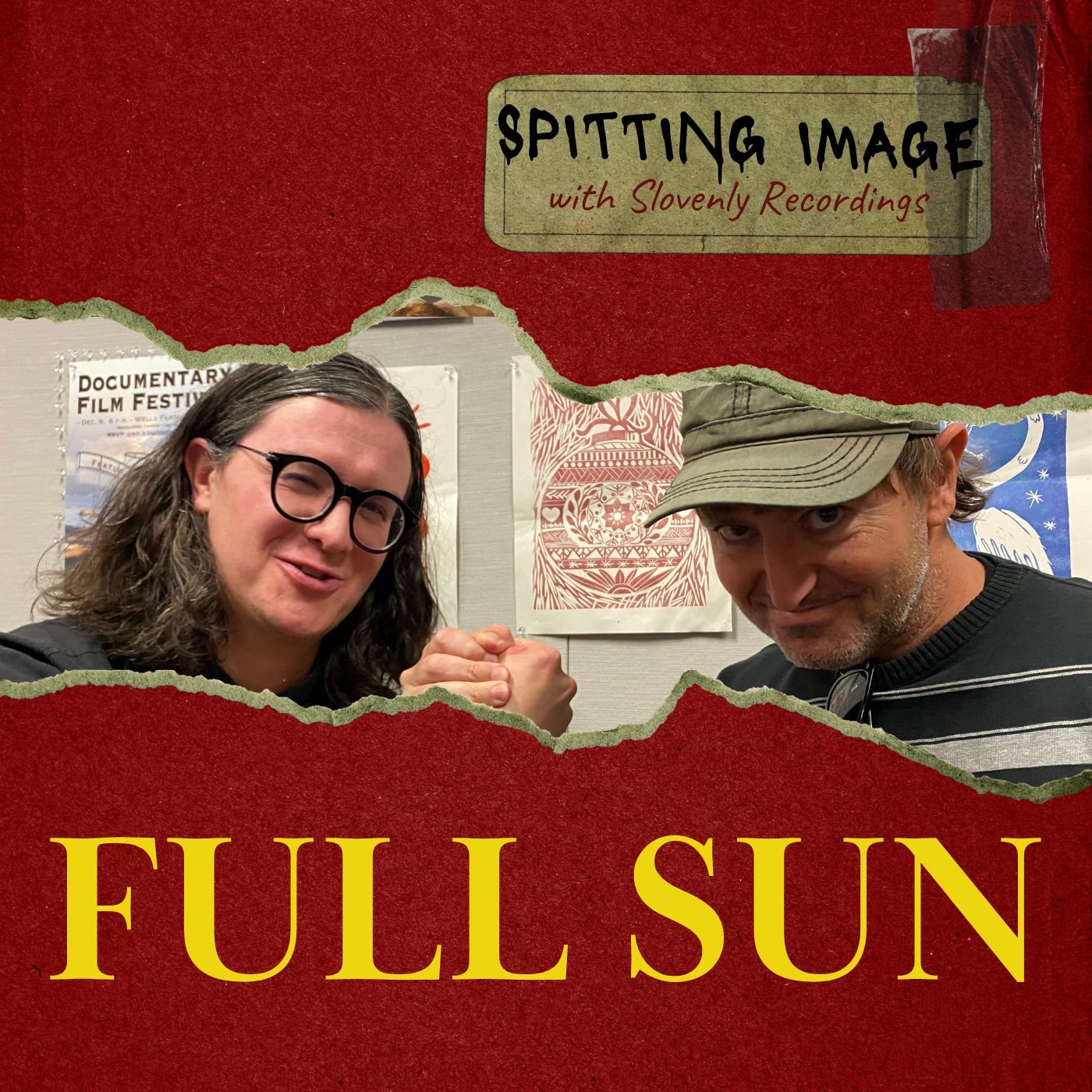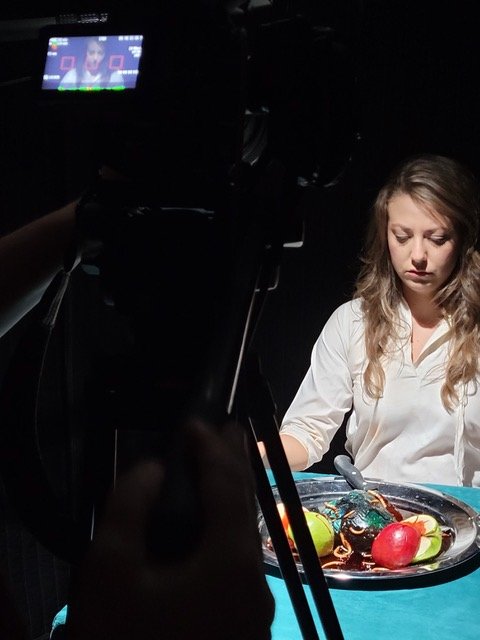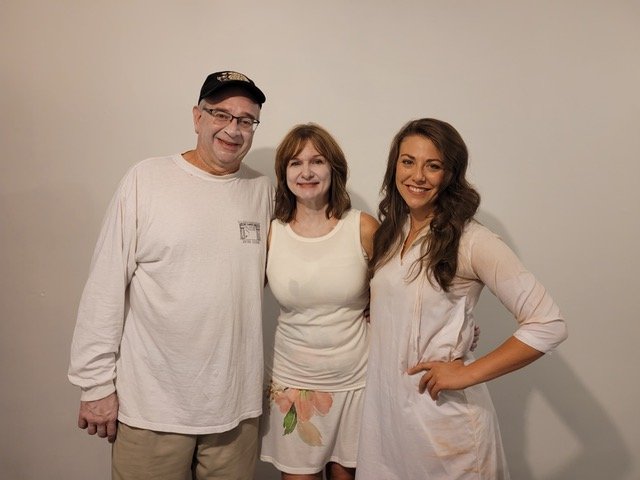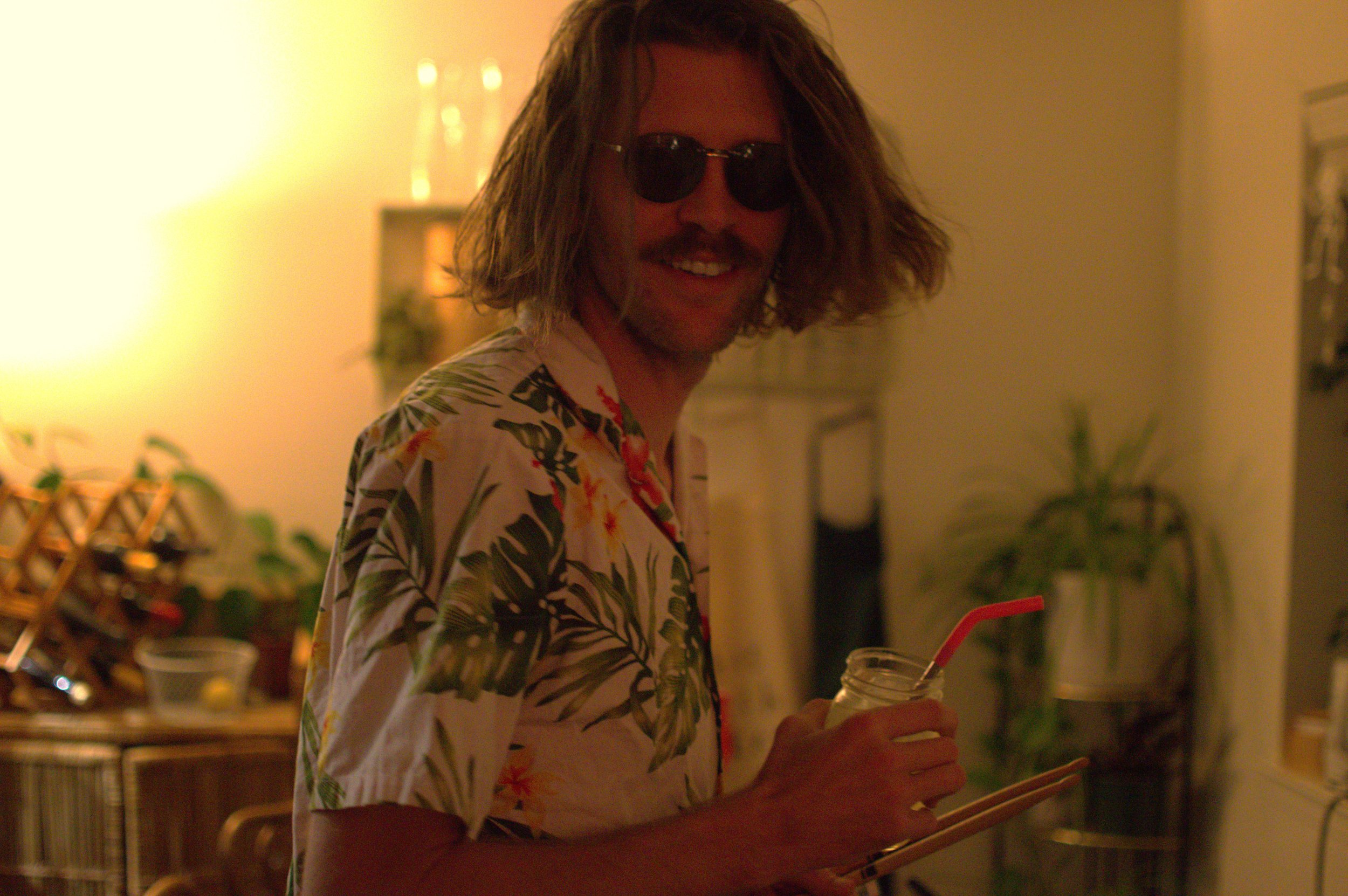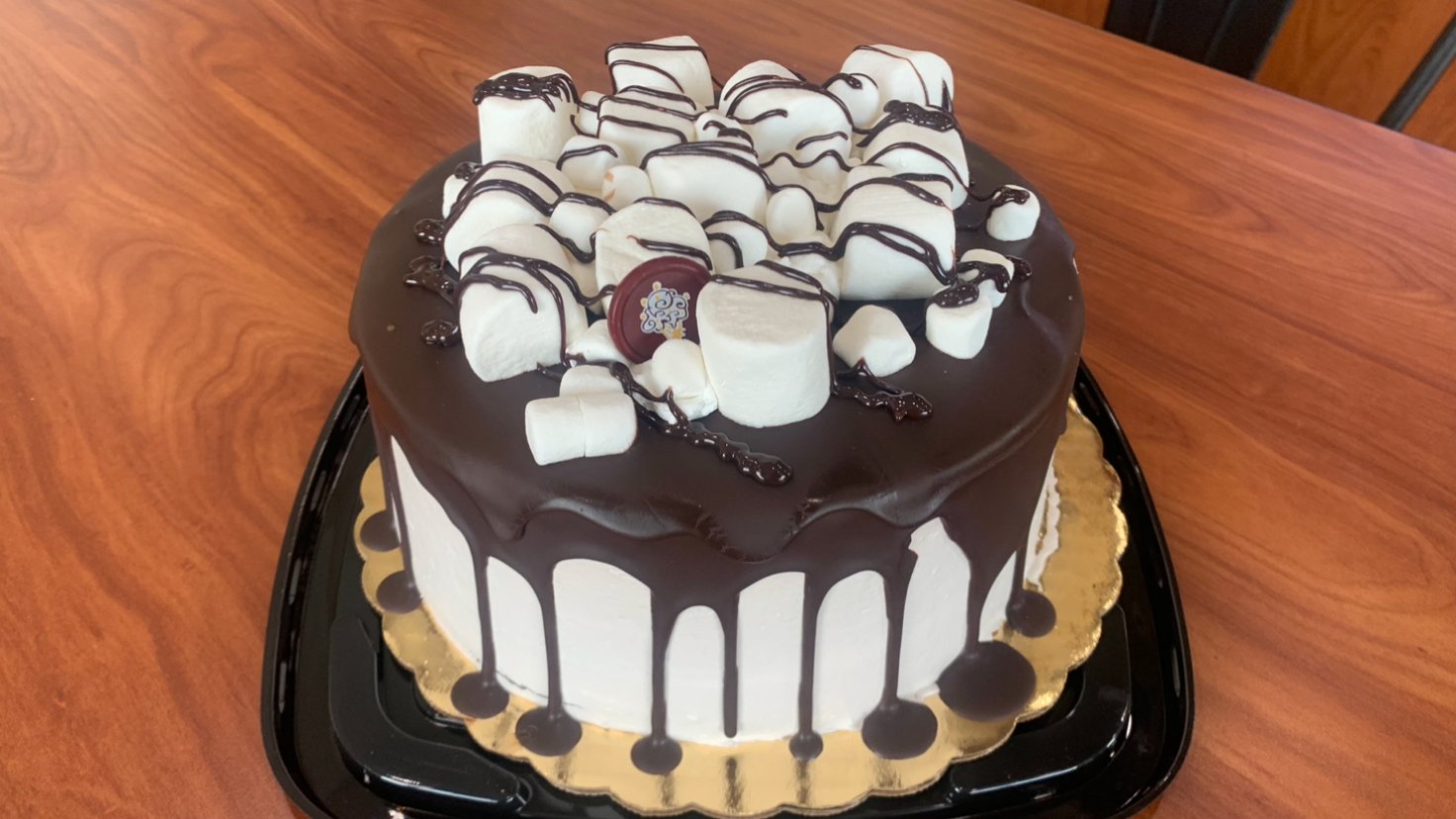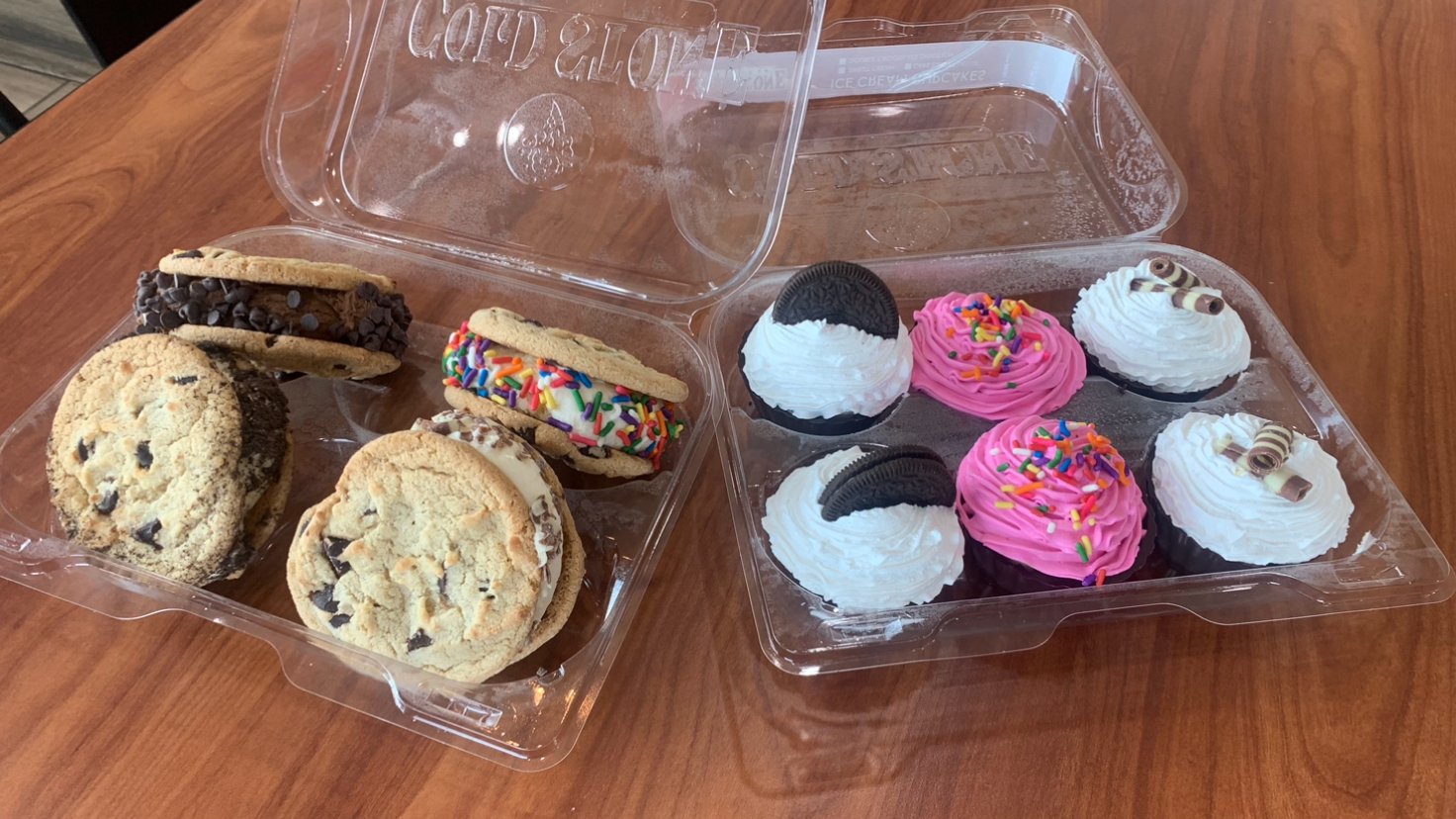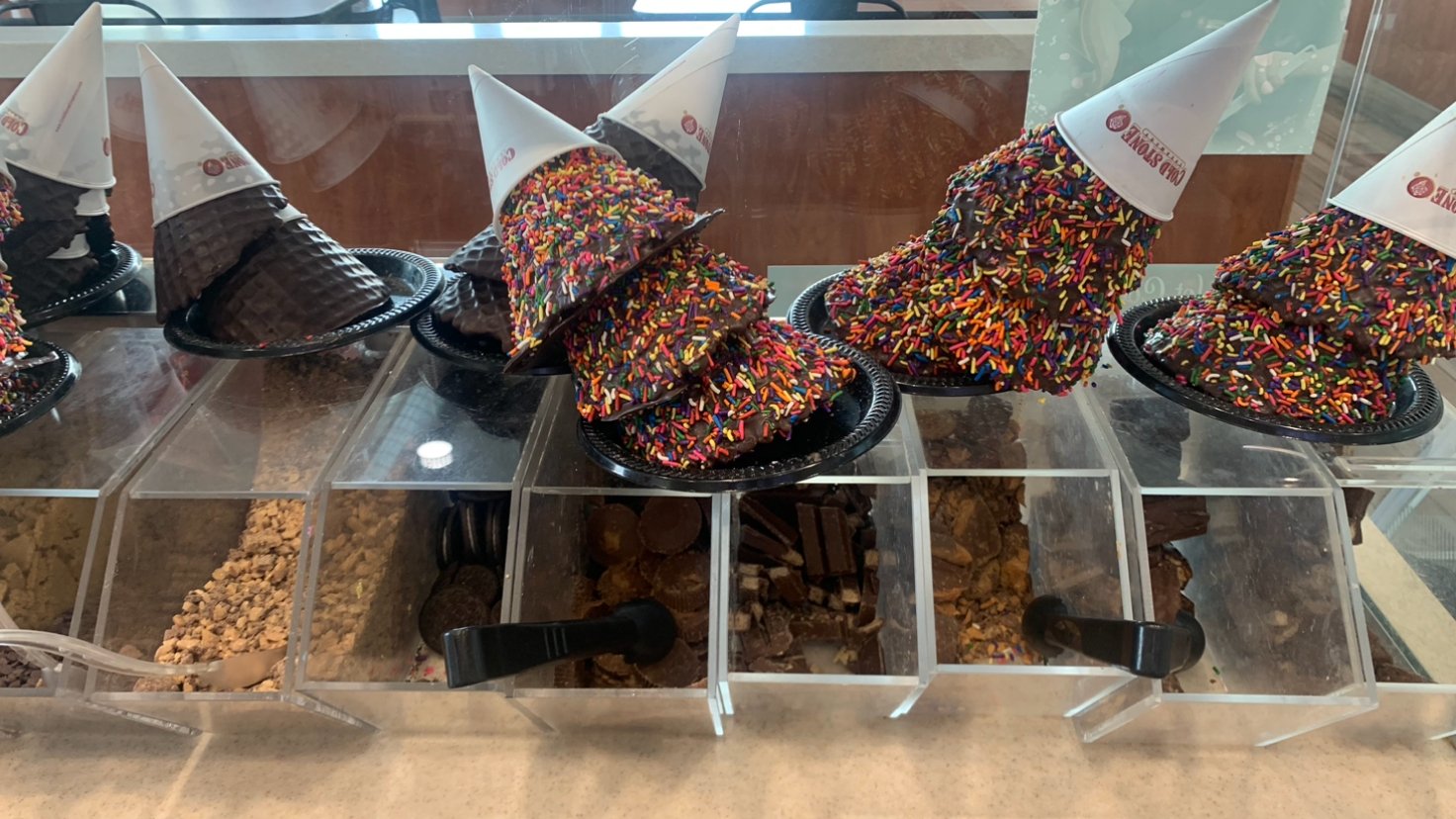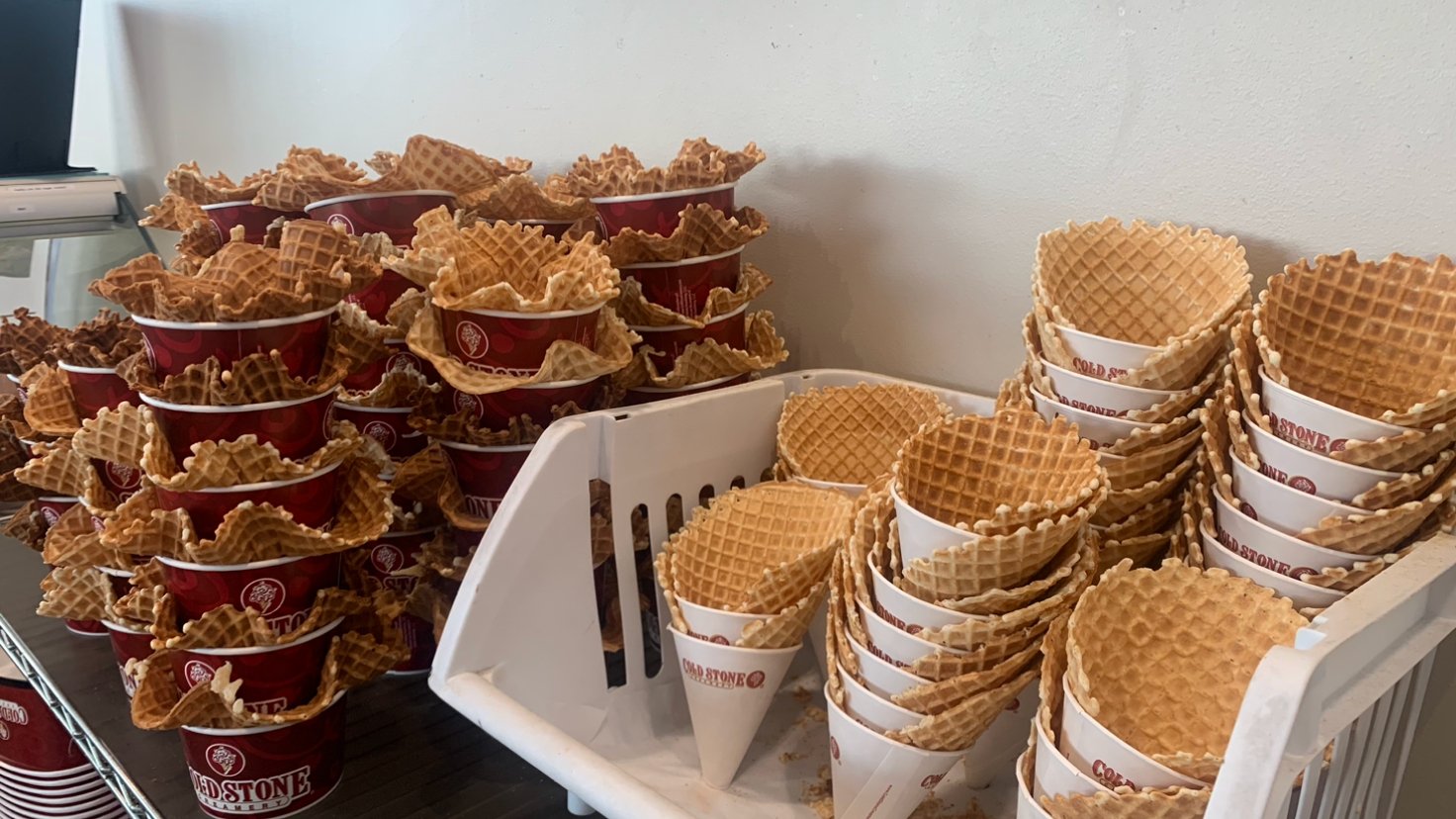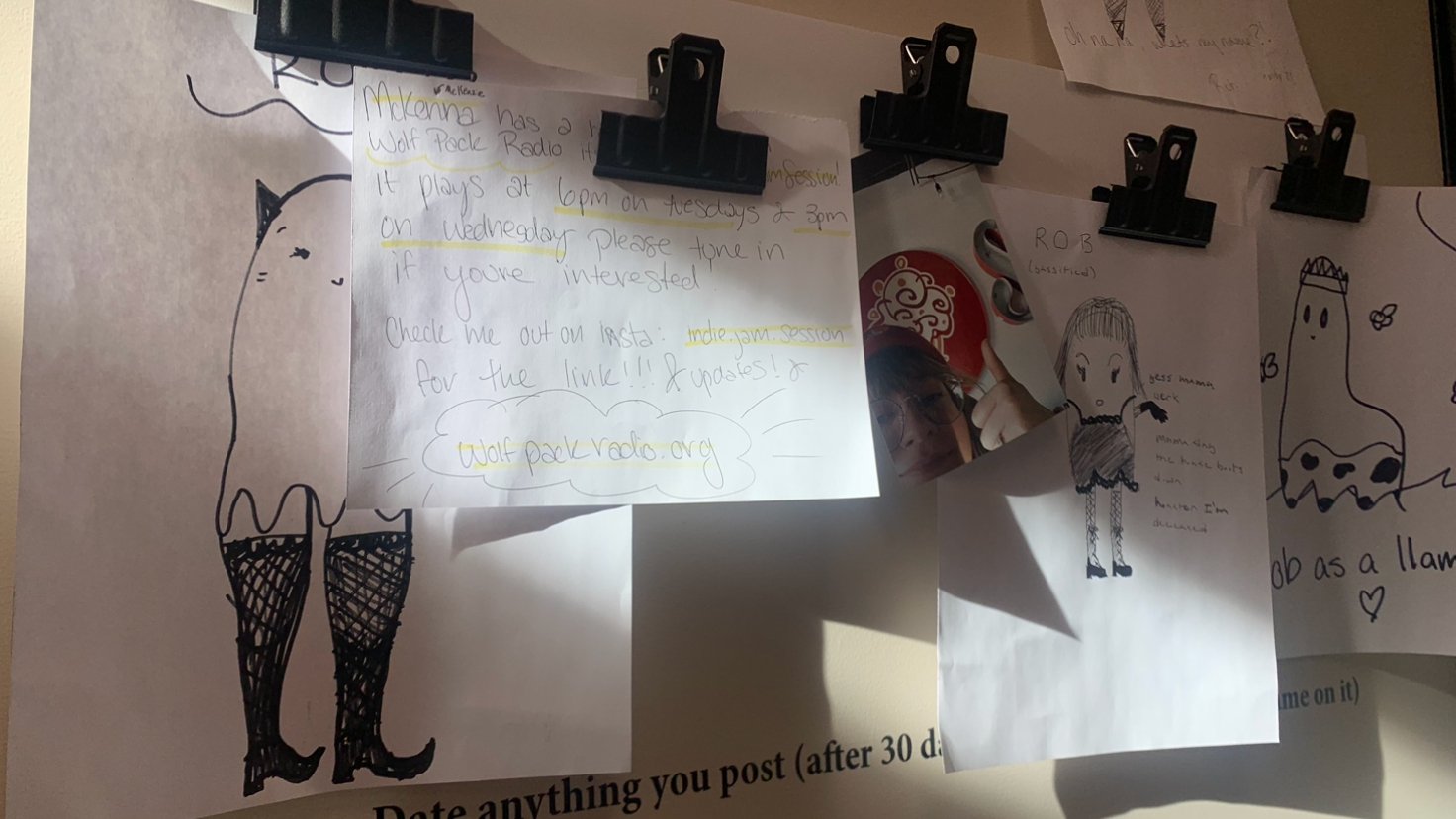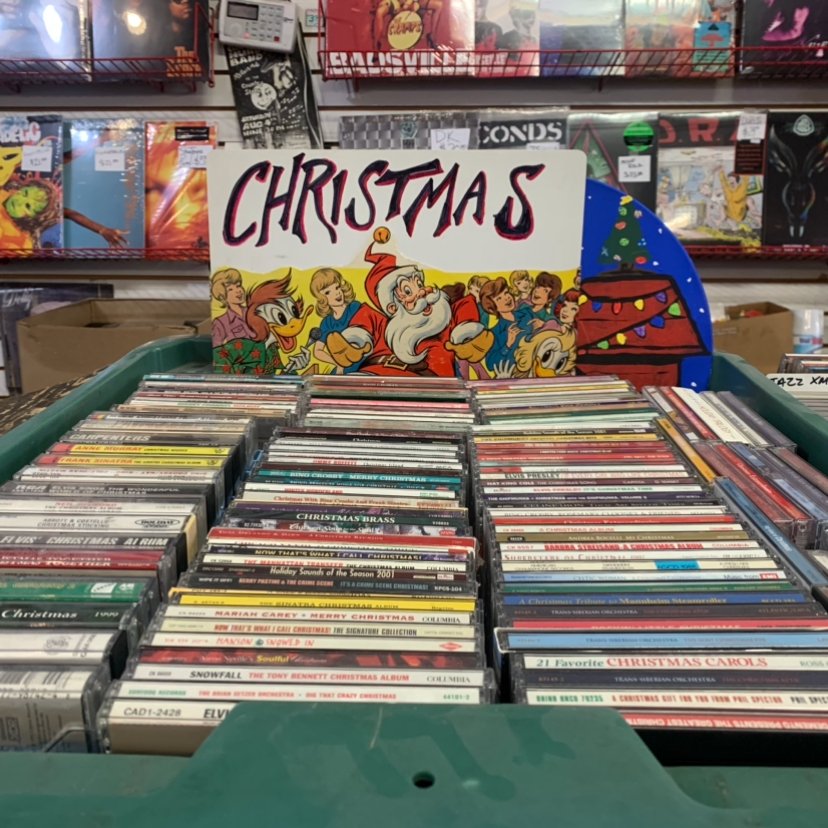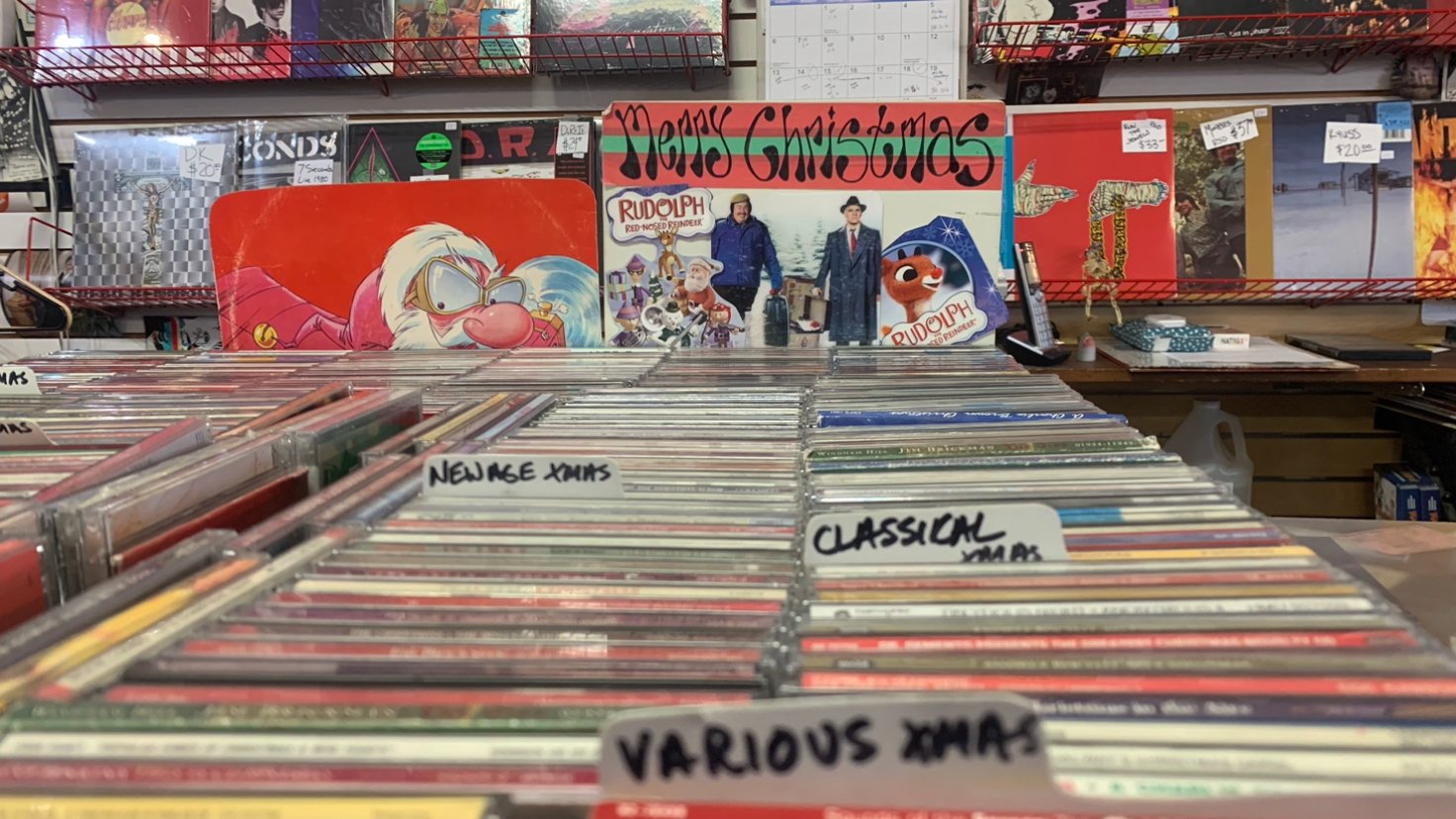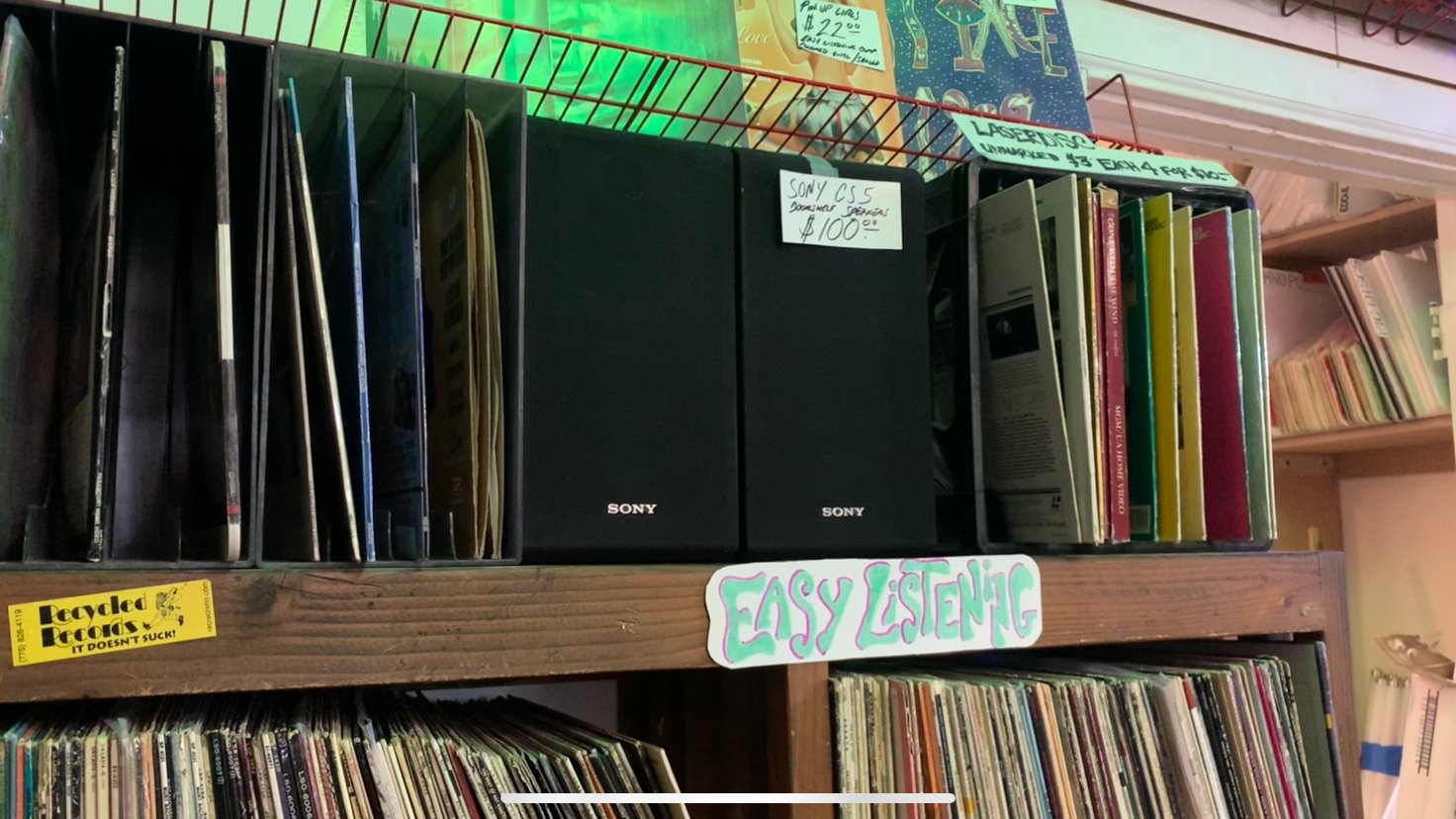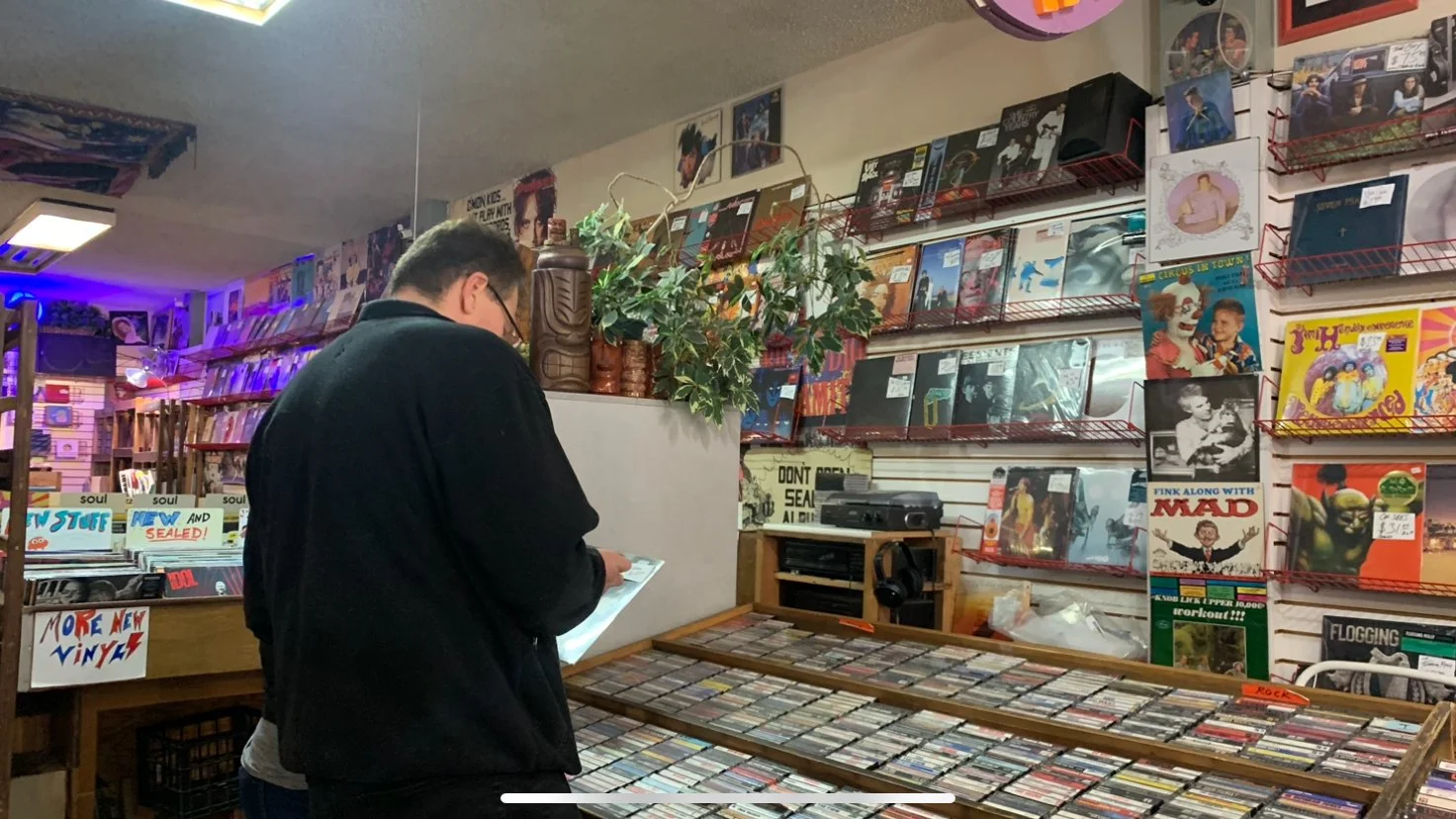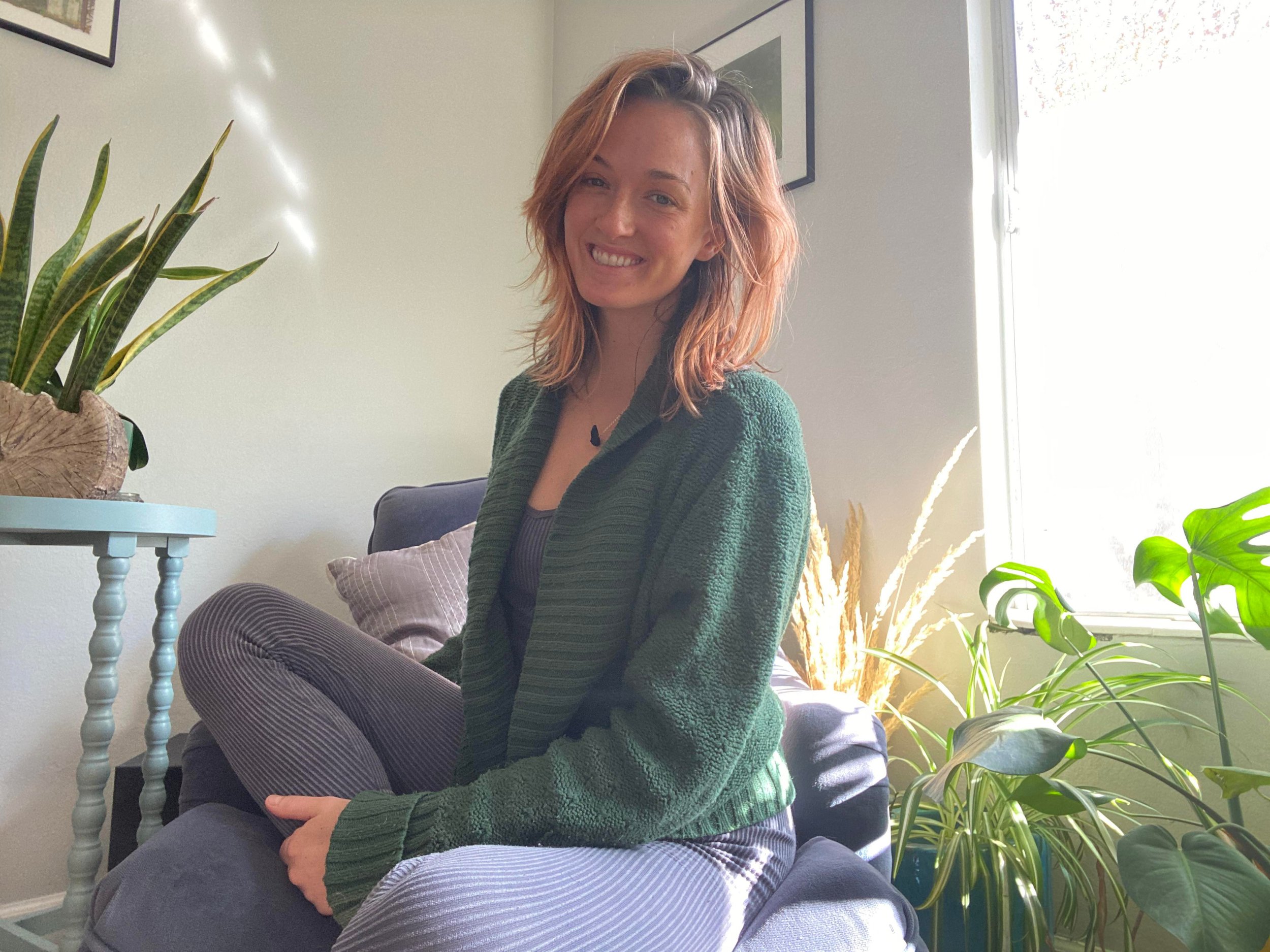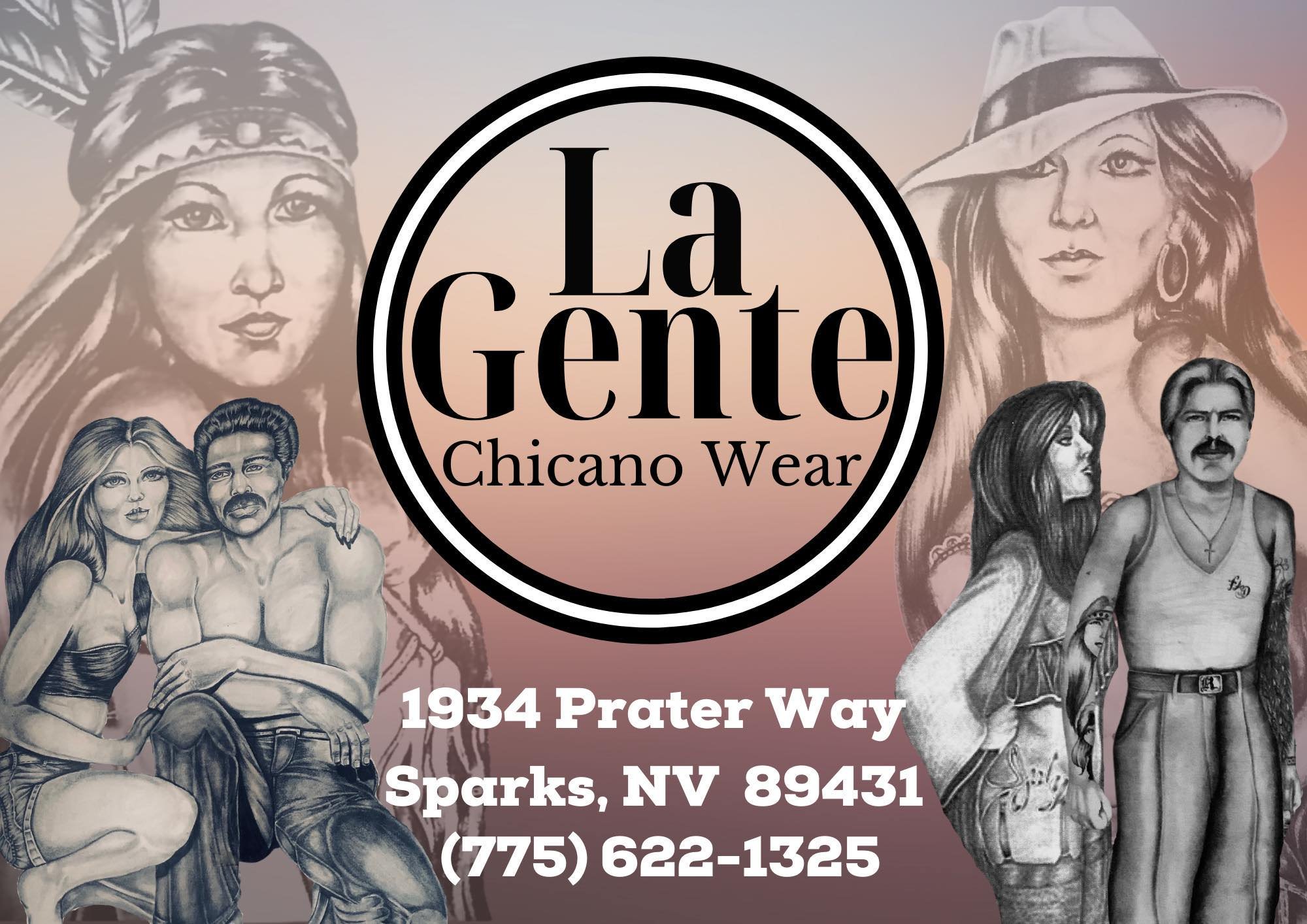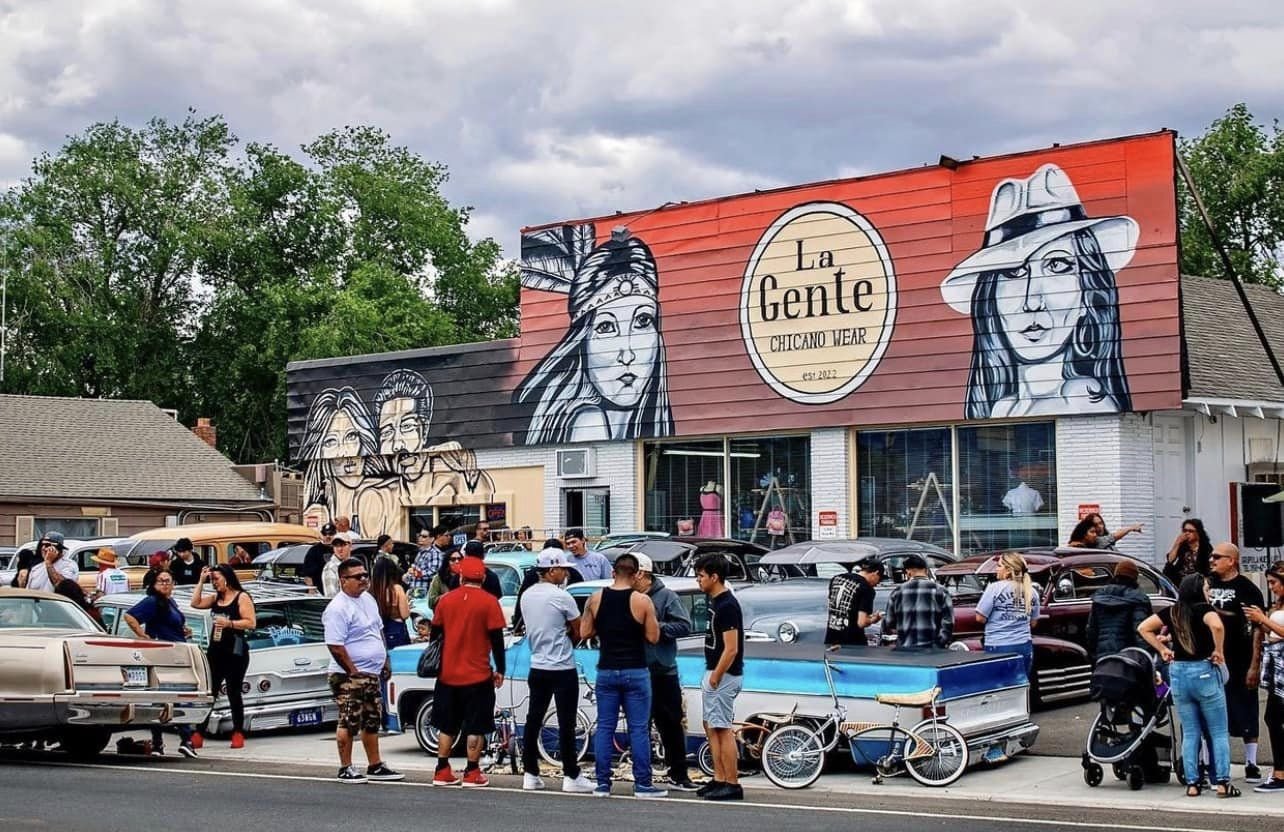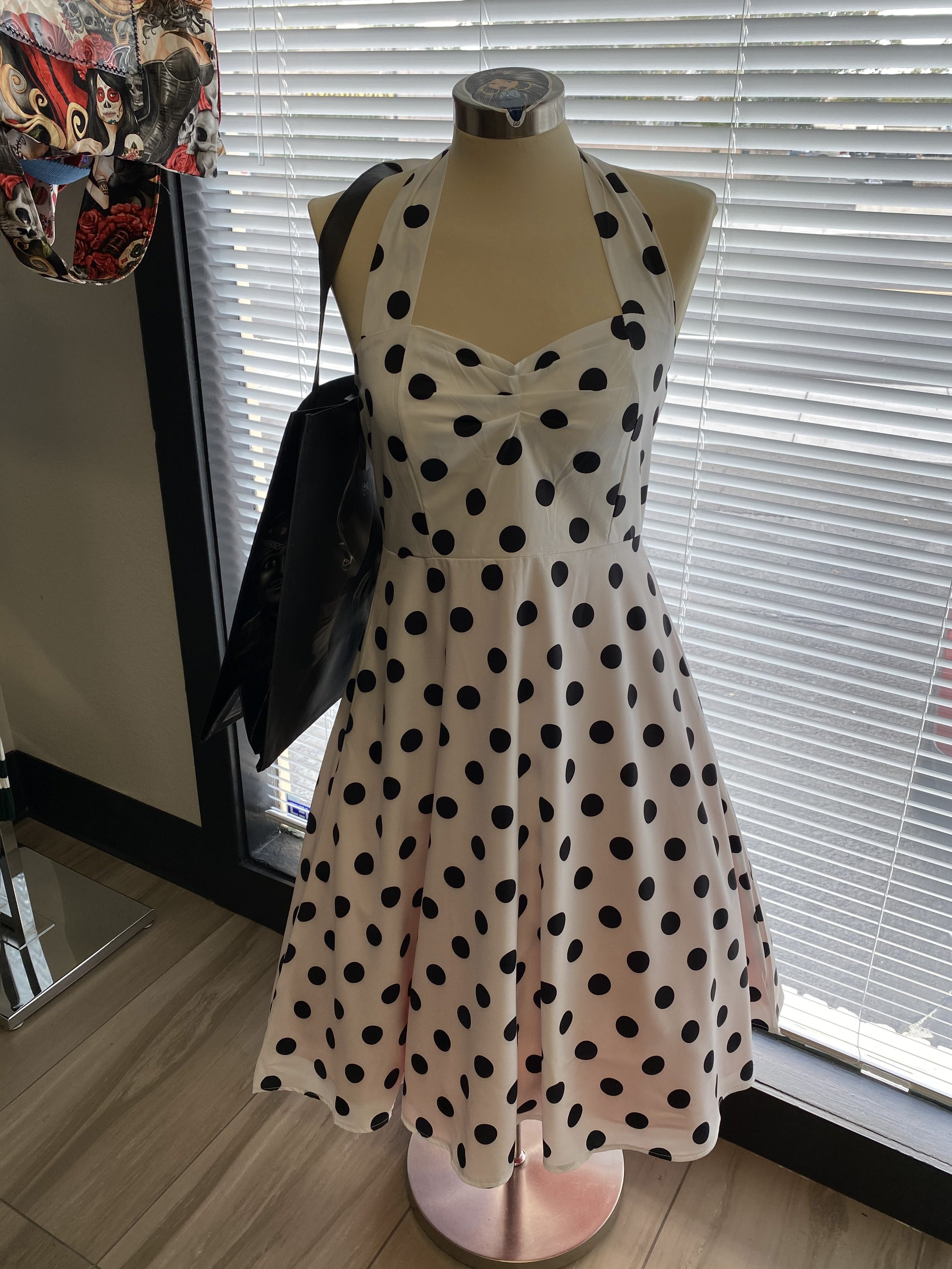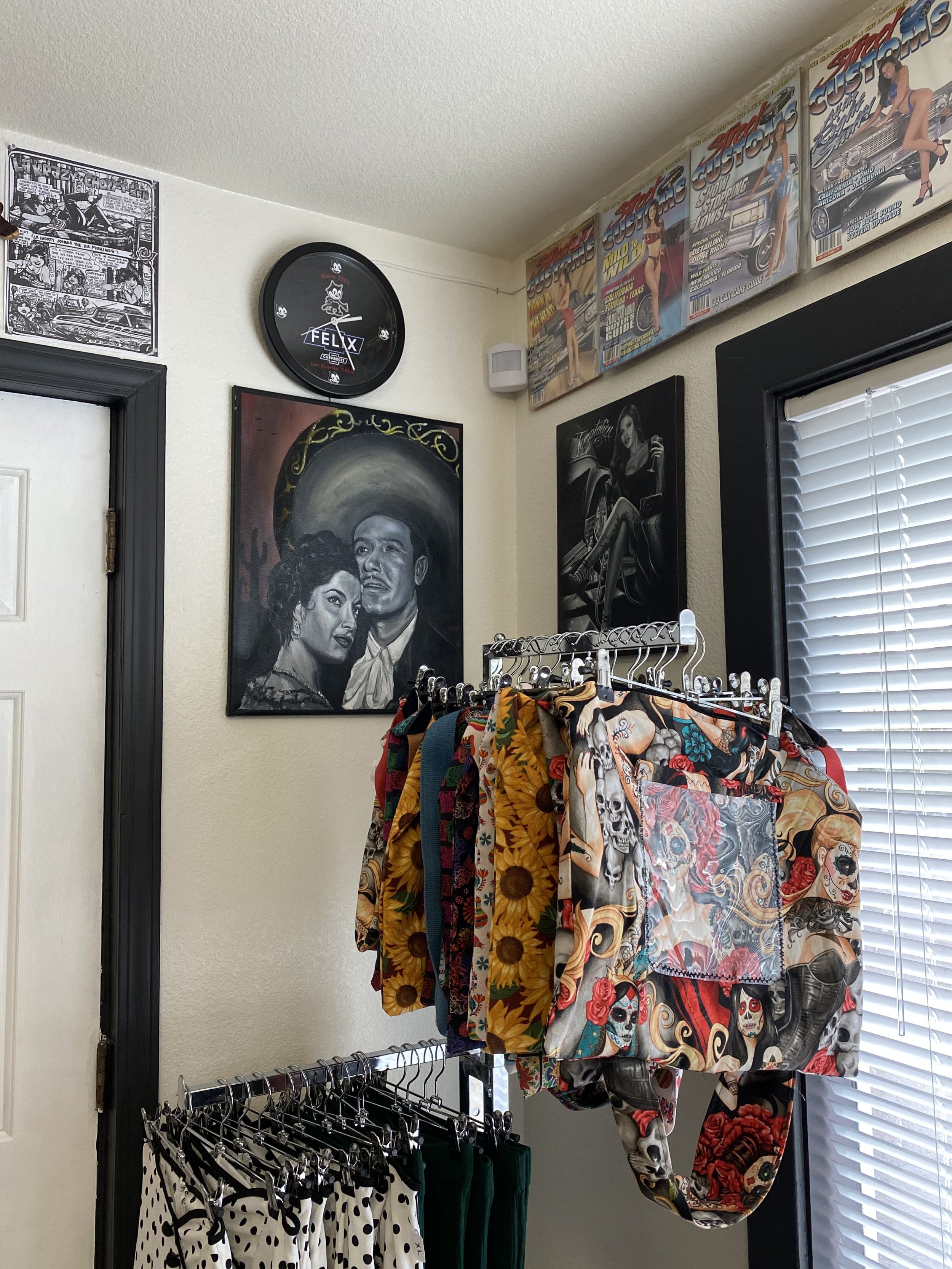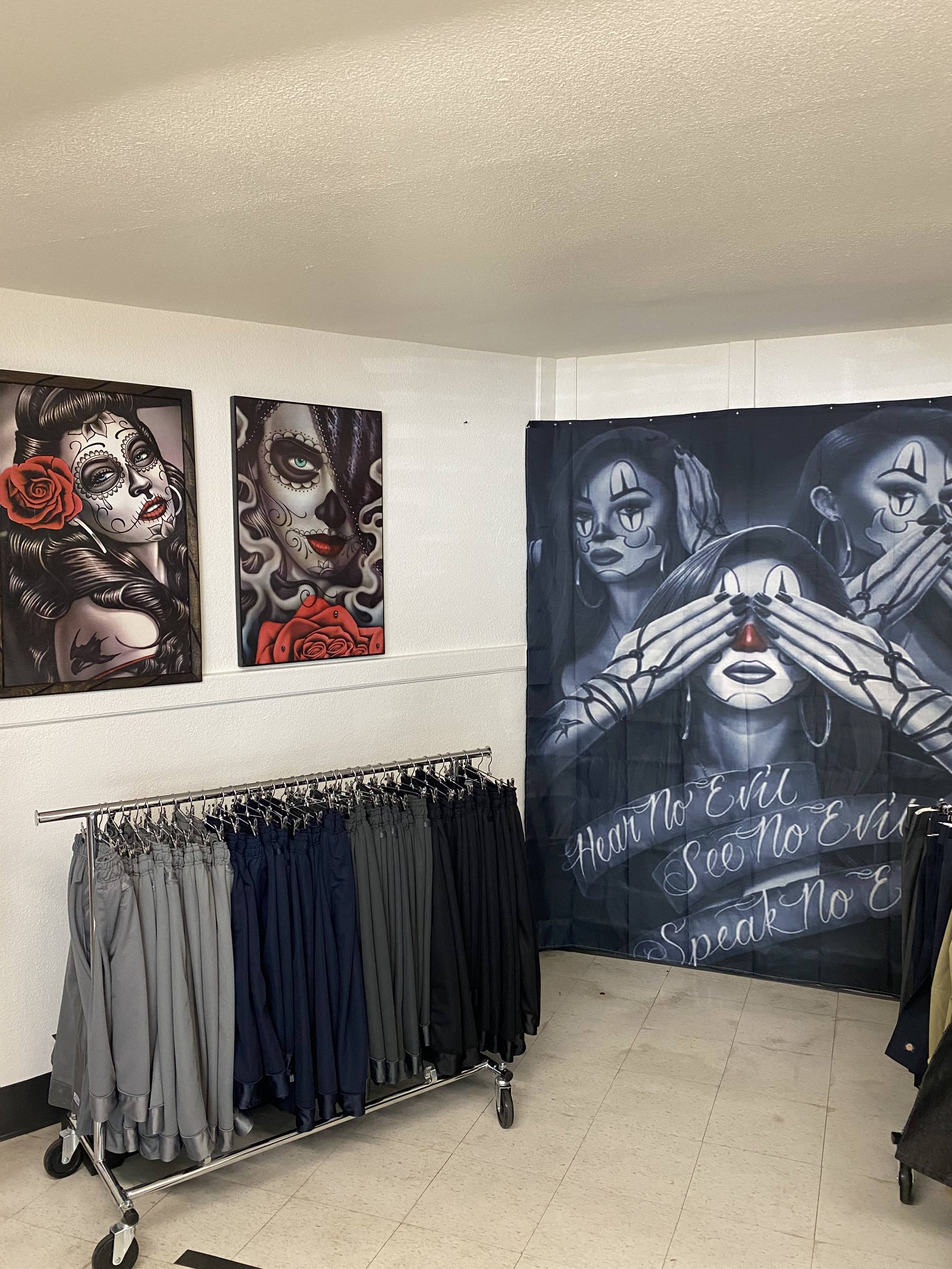GO: You mentioned previously that you grow your mushrooms in as sustainable a way as possible. What do you do differently to make those sustainable changes in the growing process?
WS: So mushrooms inherently grow on sort of like agricultural waste streams, places people otherwise wouldn’t use. I’ve used wood shavings, soybeans, and spent coffee grounds to grow mushrooms, I try to grow them on things that would otherwise go to waste. Some other things I do is using fully compostable packaging and going as low on single-use plastics as possible. It does cost a little more, but in my opinion, it’s worth it to have that lower footprint. I also won’t really temperature control my grow room, so it’s very natural in terms of temperature in there. I’ll grow different species in different seasons. So in the wintertime, I’ll grow mushrooms that thrive more in colder weather, and in the summertime, I’ll grow more warm-weather species. That’s a way I can cut back on the environmental impact. I have a lot of future plans to go more sustainable and would love to eventually get solar panels and power most of my farm on solar energy. [The grow room] doesn’t really require too much lighting, so I just use LED strips in my rooms which don’t use too much power. They’re mushrooms. They like dark, moist environments. So it’s pretty chill.
GO: How do mushrooms benefit the environment out in the wild?
WS: There are a lot of benefits, I can probably only speak to a few. The world of mycology is a very understudied science and there are so many amazing benefits that people are still discovering. But yeah, basically they are decomposers. They take things that are dead or dying and will eat them, break them down, and turn them into organic matter that can then be reabsorbed by the environment. They really help to create a healthy soil web, and mycelium also acts like fodder or food for other microbes in the soil. Another very interesting thing that mushrooms do that has been discovered recently is what people like to call the “World Wide Web.” Scientists have discovered that mycelial networks will connect entire forests and ecosystems. If you’re, say, out in the forest in Tahoe and looking around the surrounding trees, they’re actually connecting underground through a network of mycelium similar to a neural network you could see in somebody’s brain. They’ve found that these trees are actually able to transfer nutrients, and communicate in a way that isn’t quite understood. Mother trees can take care of their direct offspring, or if a tree is struggling, the surrounding trees can help that specific tree, like they have some sort of knowledge. Scientists haven’t really figured out how this kind of communication happens, the whole idea of how mycelium works is very unknown and very fascinating.
GO: Are there a lot of wild mushrooms in the Reno and Tahoe region specifically?
WS: Yeah, there are for sure. There are dozens of different gourmet and medicinal active species in Reno and Tahoe. Tahoe definitely has more mycology going on, but you can definitely still find mycelium networks in deserts. If you’re talking about mushroom activity up near Lake Tahoe and on the western slope of the Sierra, there are some pretty cool gourmet species. I’ve gone out foraging there for Morels, which grow after a big fire comes through. They make relationships with tree roots and are called mycorrhizal fungi. From what I understand, once their host tree burns down in a forest, they will make as many mushrooms as possible so they can spread their genetics to a new area and make a ton of spores. So you’ll go out to these crazy landscapes that have just been burnt. There’s ash everywhere, you’re getting soot on your face. And then all of a sudden you’ll just see these Morels, and it’s pretty cool.
GO: How do you go about foraging for mushrooms in the wild? How can you figure out if the mushrooms you find are safe to eat or even touch?
WS: There’s a really cool website that is a great resource for anybody trying to do this, and it’s how I first got into identifying mushrooms. It’s called Shroom Tree; you can post pictures on there. You definitely want to get the right kind of picture, a top picture and a bottom picture of the gills underneath. There’s guidance on the site. But you post your pictures and there are trusted identifiers on there – professional mycologists. You only want to listen to them, don’t listen to anybody else that answers your post. The trusted identifiers are vetted by the website.
GO: Are there particular signs or environmental markers you look out for when foraging> Or do you wander around until you spot a cluster of mushrooms?
WS: You know, it’s a little bit of both. There’s part of it where you’re just going out there and trying to follow your intuition, but it’s also to do with matching that with knowing the environment that they grow in. Around here, they like fir and cedar trees. So you’ll be looking for a certain kind of tree or a certain slope of the mountain. North-facing slopes retain more water, for example, so might possibly have more mushrooms, especially later in the season. A lot of the time they’ll come out after a rainstorm, so if you go out a few days after a storm you’ll have a better chance. Again, in my experience, it’s more like the mushrooms find you, and it’s at times you least expect it. You’ll be looking all day and all of a sudden you’ll almost step on one unexpectedly.
GO: Are there any rules or regulations currently in place surrounding wild mushroom foraging?
\WS: There are rules, and you’ll have to look them up for the different counties and areas. I have gotten commercial foraging licenses. If you want to harvest more than a gallon of Morels, or something like that, you have to get a license. There are different rules for different mushrooms. I know there are some species that are more ‘prized’ and it would be frowned upon if you did take them. There’s a sort of rule of thumb that I’ve talked to other people about; you don’t want to take the baby mushrooms. My thought on it is if they haven’t had a chance to spread their spores and genetics and you should give them a chance to do their thing. There’s going to be more next year. It’s just a good rule of thumb in my opinion.
GO: Where do you source the spores to grow your mushrooms, and do you have the ability to grow species that aren’t native to this area and climate?
WS: I source my strains from commercial companies or friends that also run mushroom farms. This is because these strains have been tried and tested to perform well for commercial viability. Not every strain in the wild is going to form big clusters of mushrooms that are going to yield high. That’s what you need when you’re running a business; you need consistency if you’re looking to make money. I do everything indoors, you can’t really grow mushrooms outdoors in Nevada. Not commercially. You might be able to grow a couple of species in a shady spot in your yard, but what I do is recreate rainforest conditions inside. Humidity is a big factor in Nevada. I have indoor rooms which have humidity pumping into them, and it’s all regulated. And then they need to be super clean and sterile since you’re pretty much creating an environment for any little microbe to thrive in. You want to make sure the mushroom mycelium in happy and the only thing in there, which might be my least favorite part of the job.
GO: Have you had any batches that got contaminated and ruined?
WS: Most definitely. I think I would be a mushroom star if I didn’t. I mean, if anybody’s looking to get into mycology, expect some failures but don't look at it as a failure. Look at it as an opportunity to grow and know that it does get easier.
GO: Do you run Biggest Little Mushrooms solo as a full-time venture?
WS: After the first six months or so, I turned it into a full-time thing. I have grown it to where I’m now supplying seven different restaurants, the Great Basin Food Co-op, and Riverside Farmer’s Market which is a fantastic farmers market. I can’t recommend it enough. Everybody that I work with is great, and it’s sort of turned into this beast that I can’t control. I’m growing and selling between 100-150lbs of mushrooms a week which is crazy. It’s quite a bit of labor, cleaning and organizing all the back-end stuff. I just hired somebody about three months ago and it’s been great so far. It’s been a slow growth of the business over the past two years, it’s been a lot of work which I think you can expect when starting a business. It’s like a grind for at least a few years.



